It’s become a tradition here to finish each December with a ranked list of all the books I read in the last year, along with a three-sentence review of each. I always thought of it as a pretty self-indulgent thing—obviously, I find my book choices interesting, but why would anyone else?—but you all keep reading these posts and asking for more, so here we go again, I guess.
You’ll probably notice there are a lot of did-not-finishes on the list this year (indicated with an asterisk). It was…not a great year for reading? I managed to burn myself out on reading early on, and only recovered my mojo in the last month or two. I think I mainly just did a lousy job of picking books this year, but there were a number of other factors:
One Thousand and One Nights. This is a weird one, but I got into this one late in 2023 and vowed I’d finish it before I picked up another book. Unfortunately, (1) One Thousand and One Nights is insanely, impossibly long, and (2) since it’s a collection of stories, it was only a matter of time before I hit a patch of stories I just didn’t connect with and stalled out completely. I finally gave up on this one in early February, but by then I had convinced myself that reading was the worst.
Sadie Hartmann. Last year, I recommended her book 101 Horror Books to Read Before You’re Murdered, adding the caveat that some of the books recommended within its pages might not be all that great. This year I made an effort to read a large number of them, and…they weren’t all that great. Or at least not my vibe. Another hit to my reading mojo.
Vidjagames. Having completely burned myself out on reading by the spring, I retreated into videogames for several months. Finally got around to playing the original Tomb Raider. It was good.
Getting into shape. At the start of the summer, I told myself I was finally going to lose those last 20–30 pounds, so I made “get some exercise” my go-to time-waster instead of “read a book,” at least temporarily. These days, I’ve gotten more into a rhythm of sometimes listening to audiobooks while I work out, so I’m back on track with both, I think?
This stupid novel I’ve been flailing around on, trying to write, since 2022. I am currently almost, almost, almost done with it, but I had to make it a priority over reading (and everything else) for most of the year to get it to that point.
So, yeah. A lot of books fell off my reading stack unfinished this year. You can tell me if I should have put more effort into finishing them, I guess.
Anyway, here’s everything I read in 2024, ranked best-to-worst, after the break:
Hey there, stranger! Welcome to my newsletter. If you sign up to receive it in your email inbox, I’ll send you a free digital copy of my award-winning debut novel, and enter you in a drawing to win a signed paperback copy of each of my books. Paid subscribers get even more! Scroll to the bottom for more info, or else just enter your email address below:
The ones I loved:
1. Zen and the Art of Motorcycle Maintenance: An Inquiry into Values (Robert M. Pirsig, 1974)
A philosophical treatise disguised as a memoir disguised as a novel, or something—basically, Pirsig’s account of traveling the West with his young son, while mulling over a unique metaphysical proposition: What if the universe consists of three basic parts—the subject, the object, and Quality, which transcends both? It’s a metaphysics that owes more to Tao and Platonism than Zen, which makes the title kind of weird, but it’s a head-trip for sure. Probably should read it again before I claim to understand it.
2. The Princess Bride: S. Morgenstern’s Classic Tale of True Love and High Adventure—The “Good Parts” Version (William Goldman, 1973)
Like all children raised in the 1990s, I’d seen the movie hundreds of times, and I’d actually tried to read the book once before, but I finally made it through to the end thanks to my kiddos this year. If you’re a fan of the film, you owe it to yourself to read the book—it’s not terribly different (since Goldman wrote the screenplay as well), but it does flesh things out considerably. I know you’re hoping that I’m going to conclude this review with something about how “mawwiage” is “inconceivable” or something, but nah.
3. The Bestseller Code: Anatomy of the Blockbuster Novel (Jodie Archer and Matthew L. Jockers, 2016)
Academics Archer and Jockers make a bold claim: their computer algorithms can predict which novels will hit the bestseller lists with stunning accuracy—often based on seemingly mundane things, like how often an author uses articles or prepositions. It’s basically Moneyball, but for books, and one has to wonder if it’ll ruin publishing the same way Moneyball ruined baseball, but it’s a fascinating read nonetheless. Archer and Jockers write with a passion for fiction—both literary and popular—that’s infectious.
4. Hertz Gets Fused (Suzanne Purvis, 2023)
After inadvertently setting his house on fire, the screen-addicted Hertz Zindler is sent to the unbelievably low-tech town of Show Low, Arizona, where he’s forced to live with a great uncle who only has a flip phone for emergencies. I wasn’t sure about this one going in, but it’s surprisingly earthy and fun for a “verse novel.” Worst thing I can say about it is that the voice is obviously an older woman’s and not a young boy’s (you’re telling me nobody in the editing process caught the mistake of spelling “Mario Kart” with a “C”? come on).
5. The Exorcist Files: True Stories about the Reality of Evil and How to Defeat It (Fr. Carlos Martins, 2024)
Based on a podcast I hadn’t heard of until I came across the book, The Exorcist Files is part-memoir and part–theological treatise by a full-time Catholic exorcist. I have no idea if the stories contained herein are true—Fr. Martins writes with a great deal of conviction, but he also gives way too much credence to long-debunked ideas like vast networks of child-abusing Satanist cults, so who knows—but at the very least, Fr. Martins is one hell of a storyteller (so to speak). Worth a look.
6. Morning after the Revolution: Dispatches from the Wrong Side of History (, 2024)
Former NYT journalist Nellie Bowles’s account of how she walked away from so-called “woke” politics, mainly because her wife told her to (I kid, I kid). I’ve finally reached the point where I’m getting just as cynical about anti-woke politics as I am about woke politics (I’m always ahead of the curve that way), but I remember really enjoying this memoir when I read it—Bowles is refreshingly honest about her journey.
7. The Last Unicorn (Peter S. Beagle, 1968)
Beagle’s classic tale about the last of her kind searching for her tribe shocked me with its lyricism when I finally got around to reading it this year. I’d seen the animated film as a kid (I remember not understanding a moment of it), but the star of the book is the gorgeous prose. There are moments here that require patience, but it’s an astonishingly rewarding book.
8. The Dhammapada (Buddha, c. A. D. 200)
A collection of the sayings of the Buddha. My most notable takeaway was the surprising number of parallels with the Proverbs of Solomon, with the main exception being that Solomon was very famously not interested in shunning all desire (or getting reincarnated, I guess).
The ones I liked:
9. The Problem with Everything: My Journey through the New Culture Wars (Meghan Daum, 2019)
Meghan Daum’s account of how she gave up on mainstream woke progressivism during the Trump era. I thought it was good, but how many variations of this exact book does the world need? And why do I keep reading them, like some sort of anti-woke consoomer?
10. Render: An Apocalypse (Rebecca Gayle Howell, 2013)
A graphic description of the slaughter and butchering of a pig, told in free-verse poetry. By the end, you’re not sure where humanity begins and pig ends. I have no idea who I’d recommend this book to, but it’s definitely…something.
11. Shiloh (Phyllis Reynolds Naylor, 1991)
Kid rescues dog from abusive owner. Somehow the dog is still alive at the end. Five stars.
12. Mosaic (Catherine McCarthy, 2023)
A glazier agrees to restore a stained glass window in a long-abandoned church…only to find she’s gotten more than she bargained for. The tricky thing with writing a “quiet” horror novel like this is maintaining sense of tension throughout—and while I thought McCarthy did a decent job, she stumbled a bit late in the second act. Spooky and atmospheric, but it started to lose me toward the end.
13. We Have Never Been Woke: The Cultural Contradictions of a New Elite (Musa al-Gharbi, 2024)
Al-Gharbi carefully and thoroughly makes the point that we’re all aware of: “woke-ism,” or whatever you want to call it, is a project of whitewashing the privilege of the privileged. If you’re wondering why the Democratic base keeps getting whiter and richer and the Republican base keeps getting browner and poorer…well, here you are. The book works chiefly because al-Gharbi, as an Ivy League academic of humble beginnings, is able to observe these phenomena both as an insider and an outsider.
(Alluded to here.)
14. Mania (Lionel Shriver, 2024)
Lionel Shriver’s parallel history of the last few years in which a slightly-different-than-the-ones-we-got mind-virus captures respectable thought: all people are equal in mental ability, and the only thing holding the allegedly slow back is bigotry. A mostly-amusing read, but what put it over the top was the coda in which the pendulum swings back the other way, with equally disastrous results.
15. The House on the Moon (Georgina Bruce, 2023)
A collection of slightly-connected short stories that kick off with a strange revelation: someone has built a house on the moon. Everyone from Taylor Swift to too-online Tumblr addicts is affected. Weird and fun.
16. The Thing That Would Make Everything Okay Forever: Transcendence, Psychedelics, and Jesus Christ (Ashley Lande, 2024)
Lande’s account of how she got over her addiction to psychedelics and found that Christianity was a far better drug. Lande’s a friend, and I enjoyed this book, but I did find myself yearning for a bit more narrative structure, I guess? I never got a strong sense of why she made the choices she did.
(I featured Ashley as a guests contributor here.)
17. A Shiloh Christmas (Phyllis Reynolds Naylor, 2015)
The conclusion to the Shiloh tetralogy, in which our heroes help an authoritarian preacher find a bit of holiday peace. Props to this one for not pretending there’s an easy solution to domestic dysfunction, and for keeping the dog alive yet again. Five stars.
18. Never Wake: An Anthology of Dream Horror (ed. Kenneth W. Cain and Tim Meyer, 2023)
I’m kind of a sucker for dreamlike fiction, so I was right in the target audience for this one. Some stories are better than others, obviously, but this was one of the few books that managed to pull me away from video games and working out over the course of the summer. Standout story is the laugh-out-loud funny head trip “Thank You for Participating” from V/H/S Viral writer T. J. Cimfel.
19. The Genesis of Science: How the Christian Middle Ages Launched the Scientific Revolution (James Hannam, 2011)
Hannam takes “dark ages” nonsense to task: not only was STEM progress endemic to the Middle Ages, it directly set us up for the birth of “true” science in the modern era. This book was a touch on the slow side, but I’m glad I pushed myself through it. Worth a read, if you’ve got the patience.
20. Shiloh Season (Phyllis Reynolds Naylor, 1996)
The direct followup to Shiloh, in which our hero begins to suspect Shiloh’s previous owner isn’t just coming for him: he might have it out for Shiloh as well. It was clear that Naylor didn’t really know where to take the Shiloh story after book one, but props for trying to write a book as charming as the first one. As always, the colloquial prose was pitch-perfect, and the dog didn’t die—so, five stars.
21. Generation X: Tales for an Accelerated Culture (Douglas Coupland, 1991)
Coupland’s seminal novel that started the tradition of giving generations stupid names. I honestly couldn’t tell you a single thing that happens in this novel, but it is undeniably a vibe. Felt like I had been transported back to the early 1990s and was hanging with all the directionless burnouts (who are, as we speak, planning their retirements from Fortune 500 companies).
The ones I almost liked:
22. The Occasional Human Sacrifice: Medical Experimentation and the Price of Saying No (Carl Elliot, 2024)
Carl Elliot—himself a whistleblower and professor of medical ethics—looks at half a dozen individuals who went public with reports of ethical bankruptcy in medical research. It was weird—I finished most of these chapters with more sympathy for the researchers than I’d had going in, which couldn’t possibly have been Elliot’s intention. Then again, one of the biggest points he makes is that whistleblowers almost never receive much sympathy from the public—so, y’know, maybe I’m the problem.
23. A True Story (Lucian of Samosata, c. A. D. 150)
In this satire of the “true adventure” tales popular in his day, Lucian tells of a voyage all the way to (among other things) the moon, where he meets strange alien creatures at war with the residents of the sun. The space exploration themes have led some to point to A True Story as the earliest known example of science fiction. Either way, it had its moments.
24. “Other Minds” and Other Stories (Bennett Sims, 2023)
A collection of mostly-lit-horror short stories from Iowa Writers Workshop prof Bennett Sims. Divided fairly evenly between genuinely gripping material and look-Mom-I-have-an-MFA stuff. Worth checking out if you’re a lit-horror fan.
25. How To: Absurd Scientific Advice for Common Real-World Problems (Randall Munroe, 2019)
XKCD author Munroe gives physics-based advice on a whole host of problems: everything from “How to Play the Piano” to “How to Build a Lava Moat.” If the intersection of the technical and the absurd is your thing, then this is your book. I remember laughing quite a few times.
26. What If? 2: Additional Serious Scientific Answers to Absurd Hypothetical Questions (Randall Munroe, 2022)
Early in the year, I spent some time catching up on Munroe’s bibliography. He’s a funny guy, but maybe a little too entertaining? Made it hard to go back to less funny books.
27. What If? Serious Scientific Answers to Absurd Hypothetical Questions (Randall Munroe, 2014)
Y’know, I’m genuinely not sure how these Munroe books ended up so low on the list? I remember them being lots of fun when I read them. Maybe I’ve just come to associate them with a lousy reading year.
28. Who Owns This Sentence? A History of Copyrights and Wrongs (David Bellos and Alexandre Montagu, 2024)
A history of copyright law that makes the deceptively (?) shocking (?) claim that copyright has never existed to protect the rights or profits of authors or creators, but rather exists solely to benefit a tiny handful of gigantic publishers. Whether that’s by design or coincidence, it’s hard to argue that Bellos and Montagu are wrong.
29. Cinema Speculation (Quentin Tarantino, 2022)
A collection of essays on the films most foundational to director Tarantino’s career—mostly 1970s crime films. Tarantino and I have fairly different tastes in cinema, so I only found this one interesting in fits and starts. Still, he finally convinced me to watch Sweet Sweetback’s Baadassss Song, so I guess that’s something.
30. Wings of Fire: The Hidden Kingdom (Tui T. Sutherland, 2013)
I’ve got a dragon-obsessed daughter who’s been making me read her Tui T. Sutherland’s Wings of Fire series—it’s basically Game of Thrones, with dragons instead of humans, for kids—and I’ve mostly been pleasantly surprised by them. This one in particular—in which a dragon formerly estranged from her kingdom fights to become its queen and save it—was refreshingly upbeat, compared to the two entries that preceded it (which you’ll find lower in the list).
The ones I thought were okay-ish:
31. She Said Destroy: Stories* (Nadia Bulkin, 2017)
Another collection of horror short stories. I remember really liking the first few, and then getting stuck on one that went on for nearly a hundred pages with nothing happening, and then not being able to convince myself to read any more. Weirdly, though, that interminable story was set at my alma mater (the U of Nebraska at Lincoln) and possessed an uncanny familiarity with the campus and student life—turns out Bulkin used to live in Lincoln, so…cool.
32. The Shepherd of Hermas (Hermas, c. A. D. 125)
Prophetic book that didn’t quite make it into the New Testament. A former slave is sent visions from God and told to repent of his sins of lust. It was fine.
33. Wings of Fire: The Lost Heir (Tui T. Sutherland, 2013)
After escaping captivity, water dragon Tsunami journeys to her kingdom of origin, only to find she’s the daughter of the queen. But is all that it appears? Of course it’s not—these Wings of Fire books are bleak, man.
34. Rhinoceros and Other Plays* (Eugène Ionesco, 1960)
Ionesco’s tragicomedy in which turning into a literal rhinoceros is a metaphor for the madness of crowds. Seems like the sort of thing I should have dug, but I only made it through the first act before I got distracted by books I liked better.
35. Saving Shiloh (Phyllis Reynolds Naylor, 1999)
The nadir of the Shiloh series, which isn’t that big of a burn, since none of them are bad—still, Naylor seems mostly out of ideas here, as evidenced by the fact that Shiloh doesn’t even need saving until the second-to-last chapter. But the dog still doesn’t die (hence the title). Five stars.
The ones I didn’t particularly like:
36. Play Anything: The Pleasure of Limits, the Use of Boredom, and the Secret of Games (Ian Bogost, 2016)
I’ve enjoyed philosopher-slash-game-maker Ian Bogost’s work in the Atlantic and elsewhere, but this book really didn’t do it for me. I read the whole thing, and I have to admit I’m genuinely confused as to what Bogost’s point was—I guess that anything can be a game? I mean, fine, Mary Poppins, but…so what?
37. The Journey to the West, Vol. 1 (Wu Cheng’en, c. 1592)
The satirical adventure story many in the West know as Monkey. For the first dozen chapters, I was like, “Ah, I get where Dragon Ball Z got all its ideas,” and then, for the rest, I was like, “Oh right, this is why I don’t like Dragon Ball Z.” I can only take so much of musclemen boasting of their strength as a means of putting off beating each other up before I lose my mind.
38. Tender Is the Flesh (Augustina Bazterrica, 2017)
Splatterpunk horror set in a dystopian future where all animal meat has been contaminated and humans farm other humans for food. I’d spent years hearing about how “shocking” this book was, but when I finally got around to it, my reaction was “Nah, this is exactly what I expected, given the premise?” Maybe I would have appreciated it more if I knew more about Argentinian politics?
39. Everything’s Fine (Cecilia Rabess, 2023)
Quirky romance in which a black, liberal woman falls in love with a white, conservative man, right as the Trump Era is building a head of steam. The last decade of politics has been so, so stupid that I’m genuinely not sure whether it’s possible to write a good/insightful comedy about it, but Everything’s Fine makes a noble attempt.
40. Marvel Masterworks: The Tomb of Dracula, Vol. 1 (Marv Wolfman et. al., 1972–79)
I’ve been chasing the dragon ever since I finished reading Steve Gerber’s runs on Man-Thing and Howard the Duck, so I picked this collection up—mainly because Gerber was listed as an author on Amazon. Turns out he only wrote one issue in the whole collection. The rest were fine, but utterly forgettable.
41. One Thousand and One Nights* (Sheherazade [?], c. A. D. 600 [?])
Here it is—the book that ruined my reading year. Some of these stories are great. Some are boring enough to make me never want to pick up a book again.
42. The Bhagavad Gita (Vyasa, c. 100 B. C.)
Hindu scripture in which the god Krishna reveals himself to the prince Arjuna and teaches him about the mysteries of the universe and the ethics of war. Had to push myself through it, but I’m glad to have read it. The “Now I am become death…”1 scene is worthy of its awe-inspiring reputation.
43. Misery (Stephen King, 1987)
Stephen King’s classic tale of a woman who holds her favorite novelist hostage and forces him to write a book he doesn’t want to write. My general impression of King wasn’t really challenged here—he’s a talented guy who just refuses to edit himself, leading to bloated, self-indulgent novels that are nevertheless pretty good. Also, is it just me, or does that guy have a penchant for inventing swears no real human has ever said (“Christing”? what is that?)?
44. Spaceman of Bohemia* (Jaroslav Kalfař, 2017)
I recommended the movie version of this one (the Adam Sandler–starring Spaceman) here earlier in the year, but I could not get into the novel at all. That may have been because I was at the absolute nadir of my reading life when I picked it up, but either way, the first chapter didn’t do anything for me, and I never made it any further.
45. The Revolutionary Life of Freda Bedi: British Feminist, Indian Nationalist, Buddhist Nun (Vicki Mackenzie, 2017)
Picking this one up was something of an attempt to get myself excited about reading again—I’d loved Mackenzie’s biography of Buddhist nun Tenzin Palmo a couple years ago, so I thought maybe this one would catch my interest. Not so much, though—maybe because I listened to it as an audiobook? I always find stories harder to follow in that format.
46. Hogan’s Goat (William Alfred, 1965)
People were still writing plays in blank verse in 1965? When I found out that this existed, I had to read it—but it wasn’t really my bag. New York City’s mayoral politics of the 1890s are probably interesting to someone, but…not so much to me (sorry).
47. Wings of Fire: The Dragonet Prophecy (Tui T. Sutherland, 2012)
The first in the saga, and so far my least favorite. Far too much of this book is stuck in a prison of sorts where the young dragons are forced to engage in gladiatorial combat, and it’s just too depressing for a kids’ book, man. Still, the writing’s not bad, and the characters are well developed.
A mass graveyard of did-not-finish:
48. The Complete English Poems* (John Donne, 1977)
I have to stop reading “complete” poetry collections. All they do is remind me that poets I love wrote a lot of duds, too.
49. The Girl on the Train* (Paula Hawkins, 2015)
The lives of three women begin intersecting in bizarre ways. I really wanted to like this bestselling thriller, but I kept waiting for the action to pick up, and it seemingly never did. Gave up about 100 pages in.
50. I Who Have Never Known Men* (Jacqueline Harpman, 1995)
Sci-fi novel about a woman who’s spent her entire life in a bunker and finally emerges. Probably should have given this one more of a chance, but it fell off my reading shelf before I got more than a dozen pages in.
51. A History of the World in Twelve Shipwrecks* (David Gibbins, 2024)
I really like the idea of this book, but I just couldn’t get into Gibbin’s prose. I should give it another shot sometime.
52. A Tale of Two Cities* (Charles Dickens, 1859)
I feel deeply ashamed that I dislike Dickens as much as I do, seeing as many see him as the godfather of the modern English novel. What can I say, though? I find him stodgy and boring, and I didn’t make it more than a chapter into this one.
53. A Place for Sinners* (Aaron Dries, 2014)
Thailand vacation goes horribly wrong, or something. Only made it one chapter in.
54. Whale Fall* (Elizabeth O’Connor, 2024)
Yet another novel I only made it a chapter into. Lit-fic about dead whales in Wales sounded right up my alley, but man. This book hit me just at the wrong time, when I was sick of reading and was shoving books off my stack with abandon.
55. Filterworld: How Algorithms Flattened Culture* (Kyle Chayka, 2024)
Chayka’s book about how social media and other online algorithms have created a world where everything looks and sounds the same, as we all endlessly chase the same fads. It’s a thesis that’s self-evidently true, but that’s just the problem: What interesting things are there to say about it? Chayka fails to find anything, at least in the third that I read.
Stuff that’s probably okay, but still got on my nerves:
56. Lysistrata (Aristophanes, 411 B. C.)
Classic Ancient Greek comedy in which the women of Athens and Sparta conspire to end the war by denying sex to the men. Should I be offended at the implication here? I think about things besides sex—food, for instance.
57. Lord of the Flies* (William Golding, 1954)
I somehow avoided reading this in middle and high school, and have now failed twice to read it as an adult. I just find the prose overwrought and the characters annoying. Sorry.
58. Boys in the Valley (Philip Fracassi, 2023)
What would happen if a legion of demons was set loose in a remote boys’ orphanage? If you guessed “a bunch of mass-murder,” you win the prize. I really wanted to like this one, but it just wasn’t for me—Fracassi’s choice to flip the switch from “creepy” to “eleven” halfway through just lost me entirely.
59. Defiant (Brandon Sanderson, 2023)
I’m not a huge Sanderson fan, but my older daughter really likes his Skyward series, so we usually pick up the latest one when it comes out. This one—the fourth in the series—is the least memorable so far; I had to look up what the plot was just now, and I still don’t really get it. But psychic people fly around and shoot each other in space, so if that’s your thing, have at it.
60. The Djinn Waits a Hundred Years* (Shubnum Khan, 2023)
Lit-horror-romance about a djinn waiting around in a closet, or something. I dunno, seemed up my alley, but I couldn’t get into it.
61. The House of Last Resort (Christopher Golden, 2024)
Couple buys Italian mansion for a dollar, only to find it’s haunted by its past as a Catholic exorcism pavilion. This one suffers from a common affliction of demonic horror that I like to call, “Christians are right about everything, but still assholes.” Like, if demons exist, and the only ones fighting them effectively are Christians…shouldn’t you step aside and let the dudes work, instead of snarking at them for their (obviously well-founded) “superstitions”?
62. The Campground Kids: Grand Canyon Rescue (C. R. Fulton, 2022)
For Christmas last year, my mother-in-law gifted my younger daughter the first five of a series called The Campground Kids; each one is a different adventure set at a different U. S. National Park. I thought they were fun, but my daughter got bored of them after three. Still, each book is unique (there’s no obvious formula here), so props for that.
63. The Campgrounds Kids: Zion Gold Rush (C. R. Fulton, 2022)
Another Campground Kids book—this time set at Zion National Park, and featuring a race to find lost gold. I remember thinking the climactic scene was particularly well done.
64. The Campground Kids: Rocky Mountain Challenge (C. R. Fulton, 2022)
I think this was the one that made my daughter lose interest, and I sort of understand why—instead of the high adventure of the other two, this one featured a slice-of-life story about some kids competing on an obstacle course. Kind of a letdown after the others.
65. A Quantum Love Story* (Mike Chen, 2024)
One of many books I gave up on after a single chapter, so you don’t need to take my opinion too seriously. This one’s like a more sci-fi-y Groundhog Day, so if that’s your thing, give it a try. Still, it sounded like my thing, and, well—here we are.
66. We Used to Live Here* (Marcus Kliewer, 2024)
Home invasion horror that began life as a post on Reddit…so you know it’s good.
67. Raising Hell, Living Well: Freedom from Influence in a World Where Everyone Wants Something from You* (*Including Me)* (Jessica Elefante, 2023)
One of the themes I keep coming back to on this blog is what a mess the internet and algorithms have made of the world…but every time I try to pick up a book about it, I find myself just sort of bored. Maybe because I’ve already had the same thoughts, maybe because I’m just too cynical to deal with the earnestness I usually get from these books, or maybe because I need to move onto other topics in my thinking and writing—I dunno. Either way, though, I barely made it past the intro here.
68. Under the Influence (Noelle Crooks, 2023)
Struggling writer Harper Cruz takes a job working for Instagram influencer Charlotte Green. This novel really didn’t work for me for one reason: Charlotte was just…not interesting. She was never compelling enough to justify Harper’s initial fascination with her nor repulsive enough to explain Harper’s eventual turning against her; she was just vaguely cringey throughout the entire book.
69. Cunning Folk* (Adam L. G. Nevill, 2021)
Folk-horror set in a rural fixer-upper. Only made it a few chapters in because I really didn’t jibe with the prose or the leaps in time and space. Sadie Hartmann says this is one of the few books she’s read with a legit “jump-scare,” but I guess I’ll never find out.
70. The Good House (Tananarive Due, 2003)
Picked The Good House up because I really dug Due’s short story in last year’s Out There Screaming: An Anthology of New Black Horror, but I just couldn’t get into this one. Maybe because I tried to listen to it as an audiobook? I dunno.
Stuff I legitimately loathed:
71. Mister Magic (Kiersten White, 2023)
Former child stars discover their “kids’ show” was actually a reality that took place in another dimension. Mainly, this book is just White’s excuse to grind an axe against the LDS Church…and while I’m personally no fan of Mormonism, her complaints here are so banal and predictable that I found my eyes rolling all the way into the back of my head (“did u kno purity culture can make girls feel bad???”). Then the remedy offered at the end is…feel-good, self-esteem pop-psychology…what decade is this?
72. Youthjuice* (E. K. Sathue, 2024)
I don’t know why I thought I would enjoy a wellness-themed horror-satire set among Manhattan elites. I really, really, don’t.
73. Foul Days* (Genoveva Dimova, 2024)
For the longest time, I thought I didn’t care for fantasy, but I clearly loved The Last Unicorn and The Princess Bride, so that’s not it. I think I just don’t like contemporary fantasy, which (for my money) prioritizes “world-building” over all else—including telling an interesting story. My dudes, I do not care about your world if your plot and characters are boring.
74. Everything Is Temporary* (Jon Cohn, 2023)
A Christmas-themed horror-comedy sounded right up my alley…but it wasn’t to be. Couldn’t get past the generic, soap-opera-lighting-esque narrative voice here. Sorry.
***
And that’s a wrap. Anyone read anything good this year? Anyone want to tell me I was unfair toward your favorite book? Let me know in the comments! I’ll see all of you in the new year.
Free beer books!
Hey, thanks for reading! If you’re new to this newsletter, here’s how it works: Everyone who signs up to receive it in their email inbox gets a free digital copy of my award-winning debut novel, Ophelia, Alive: A Ghost Story! Anyone who becomes a paid subscriber gets even more:
All monthly paid subscribers ($5/month) will get a free digital copy of Ophelia, Alive and my award-winning nonfiction debut, Murder-Bears, Moonshine, and Mayhem: Strange Stories from the Bible to Leave You Amused, Bemused, and (Hopefully) Informed.
Anyone who signs up for an annual subscription ($50/year) will receive both digital books, plus a signed paperback book of their choice!
Anyone who takes the plunge and becomes a founding member ($200/year or name-your-own price) will receive both digital books and both signed books!
PLUS: Everyone who signs up (free or paid) gets entered in a monthly drawing for a signed book! Why? Because I like you.
(To learn more about the deal and the blog, click here!)
Just enter your email address below for a free book and a weekly reminder that I still exist:
Congrats to last month’s winners, info and marvinrvp! (If you are one of those people, please reach out to me! I’ve emailed you twice to no response!) I’ll run the next drawing Jan. 1! 🕹🌙🧸
For the record, “Now I am become death, destroyer of worlds” is generally considered a pretty lousy translation of the original Sanskrit, and most modern English translations don’t use it—but, of course, it will forever be immortalized in the shared consciousness, thanks to Barbenheimer or whatever that guy’s name was








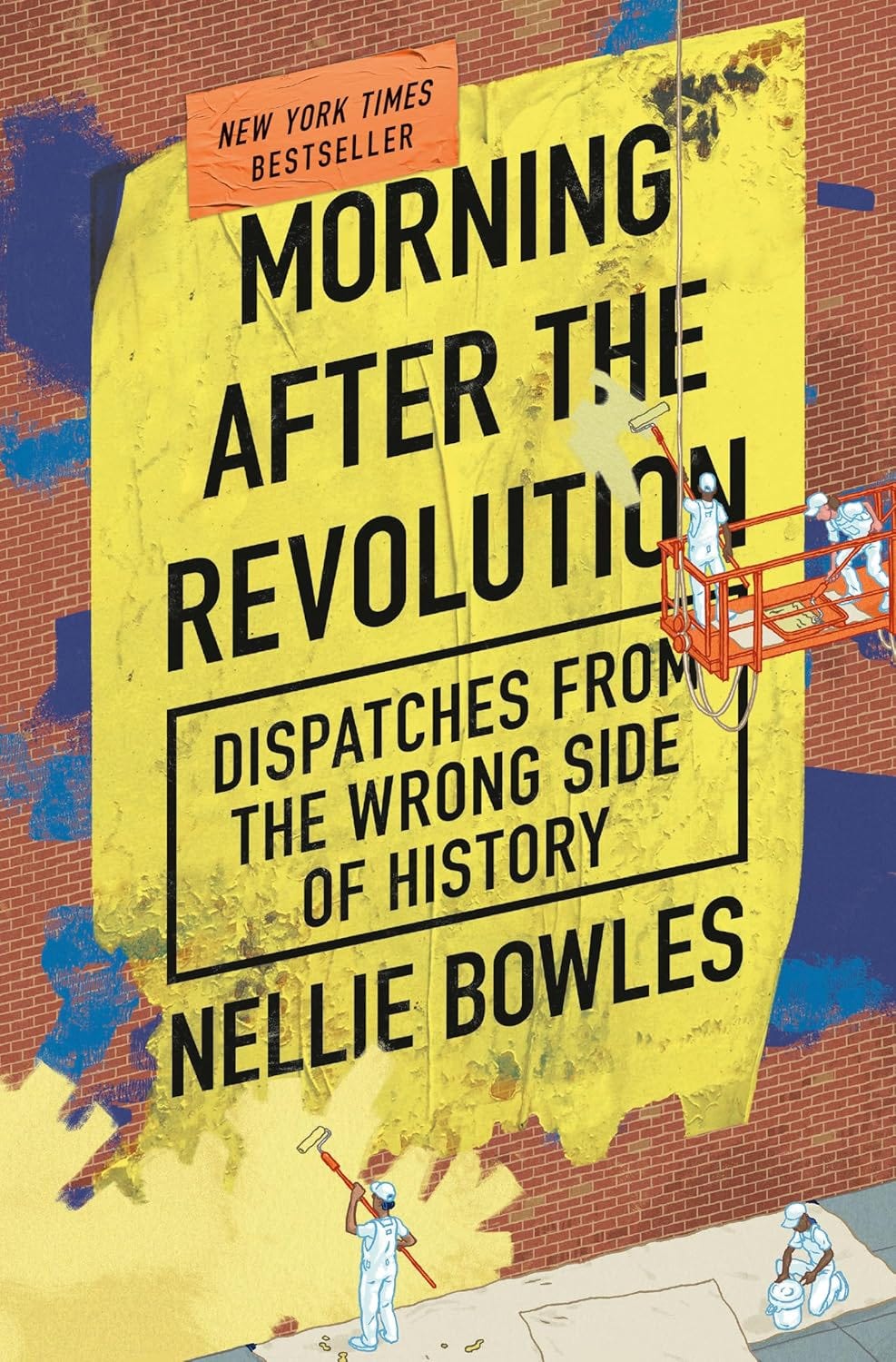
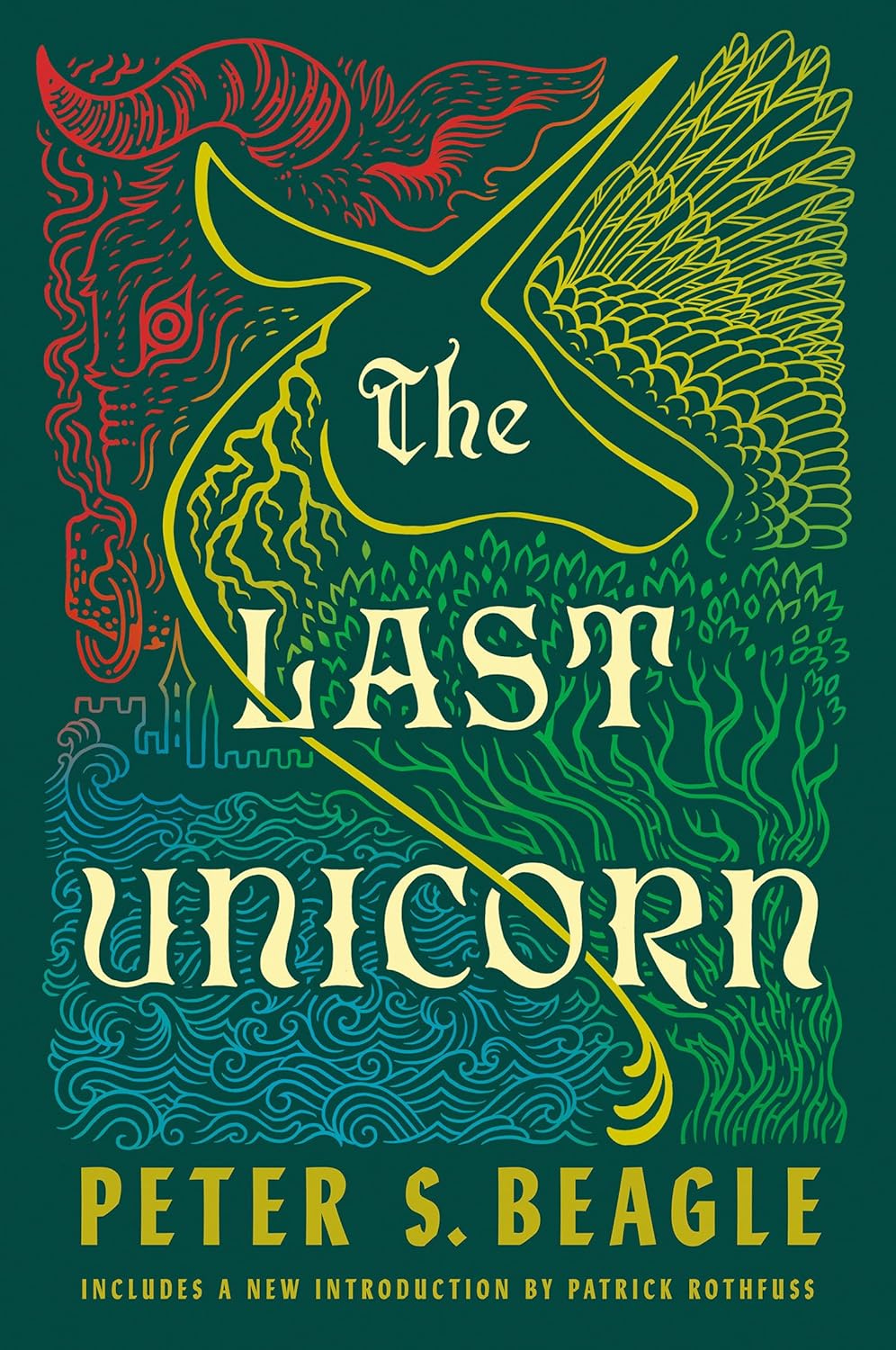

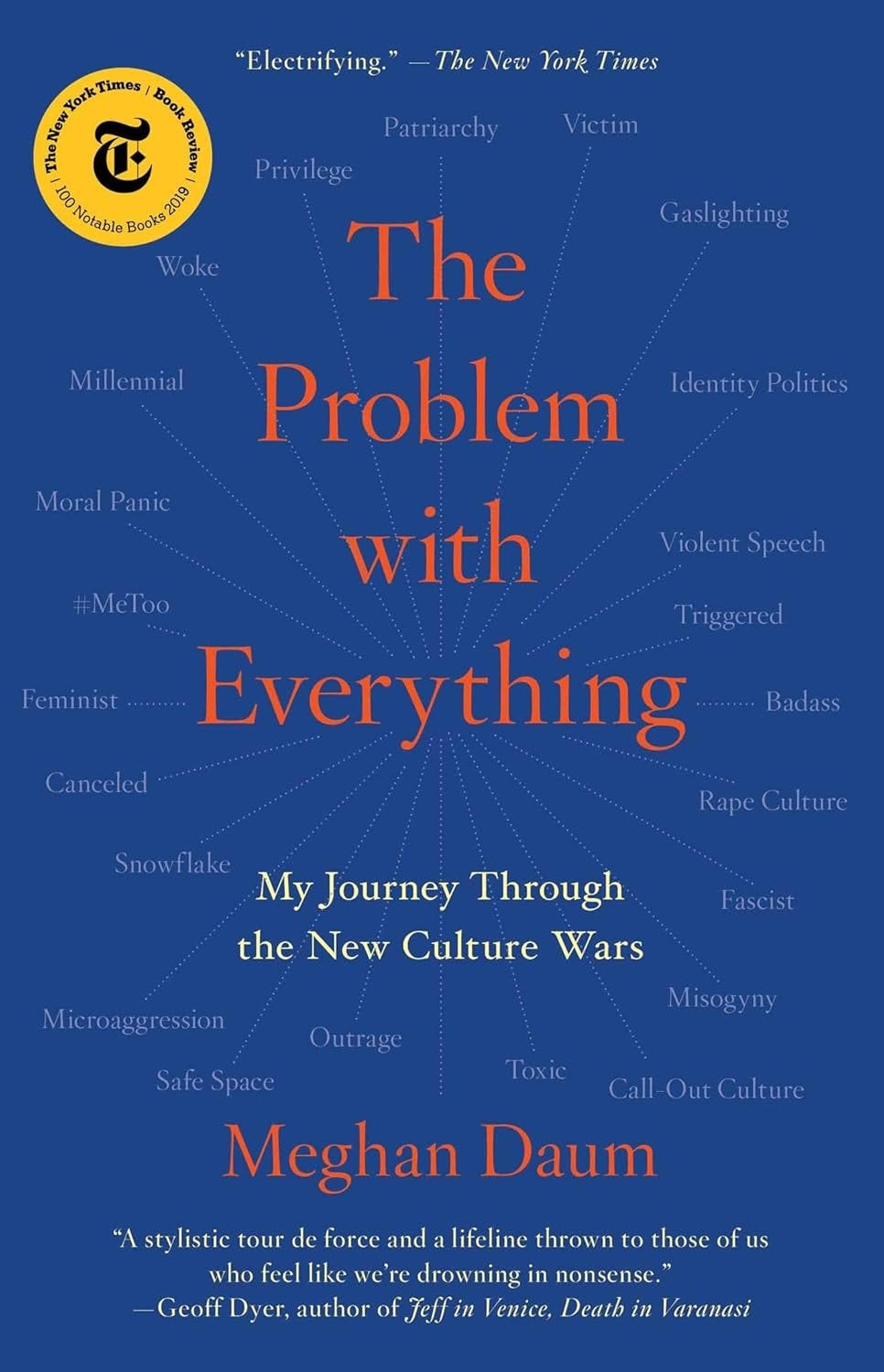

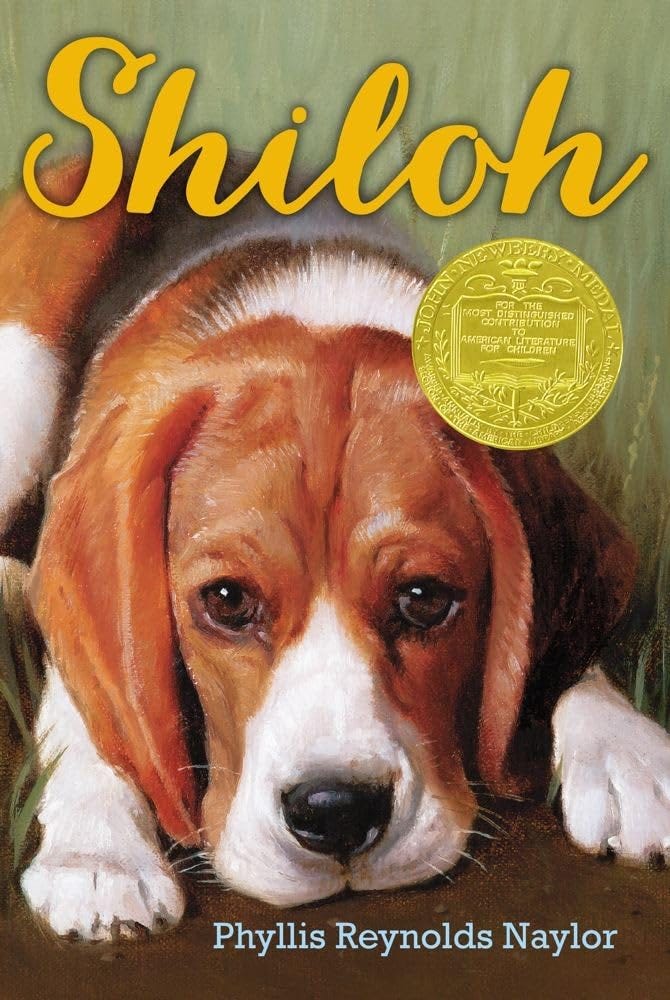
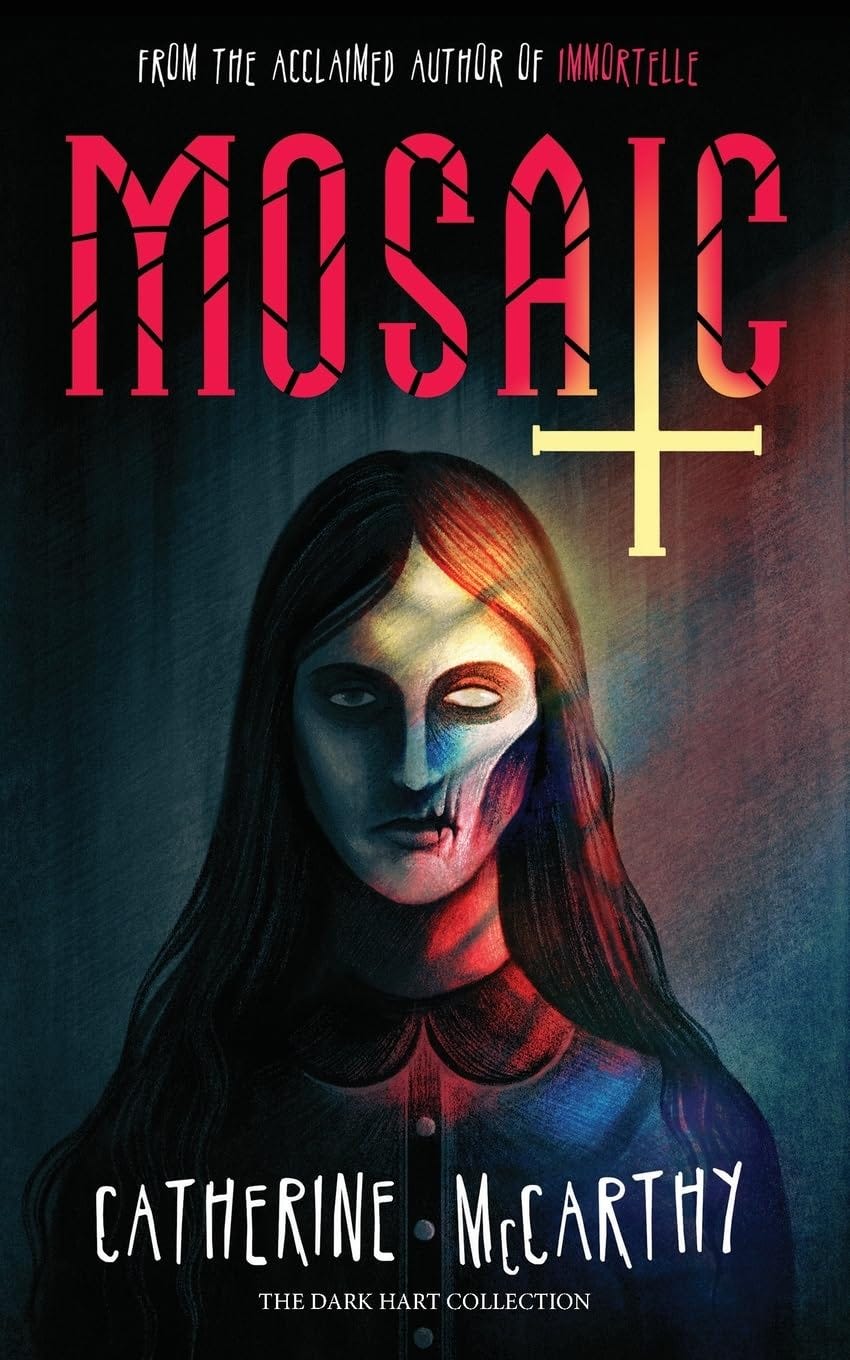
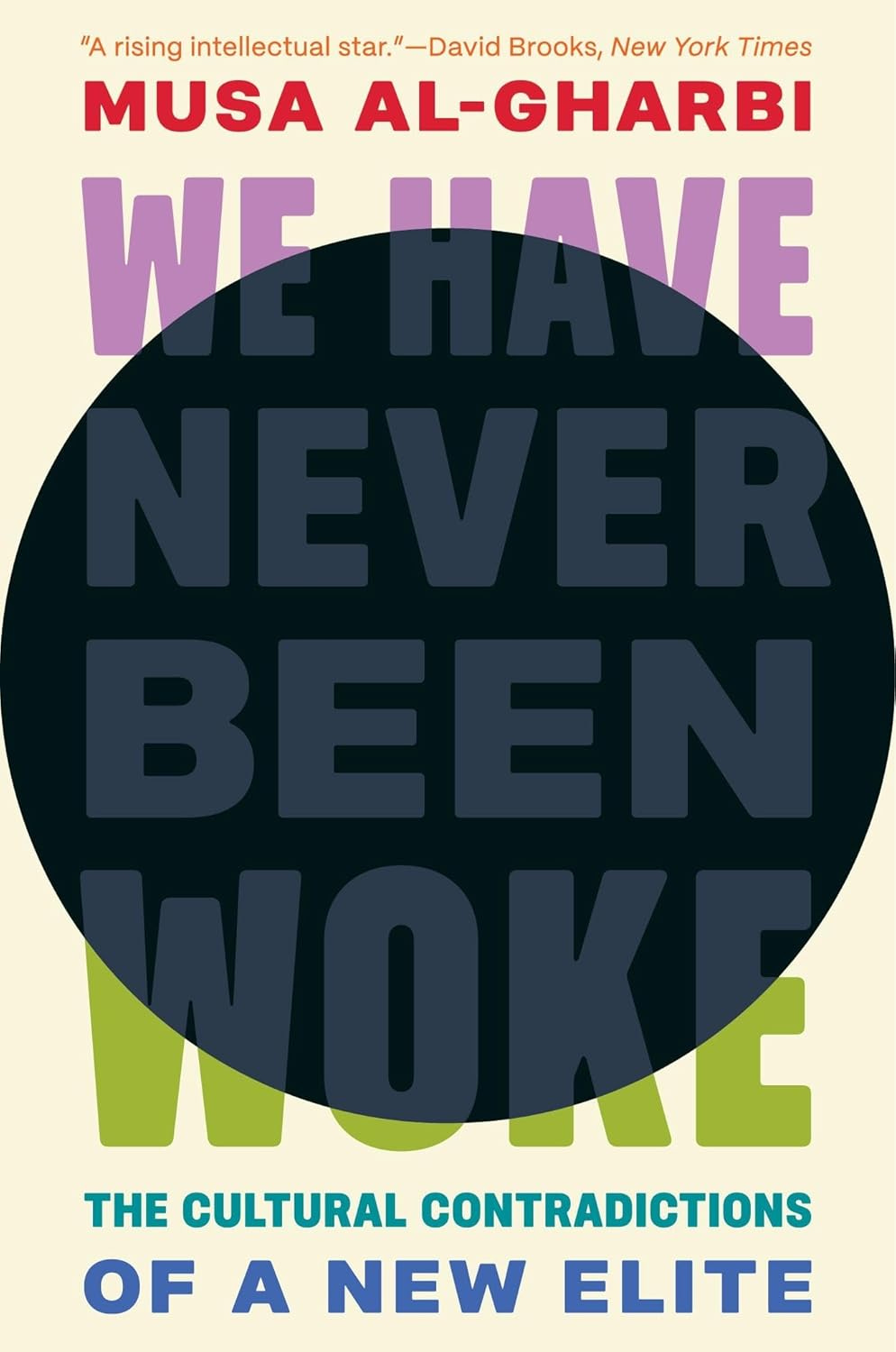
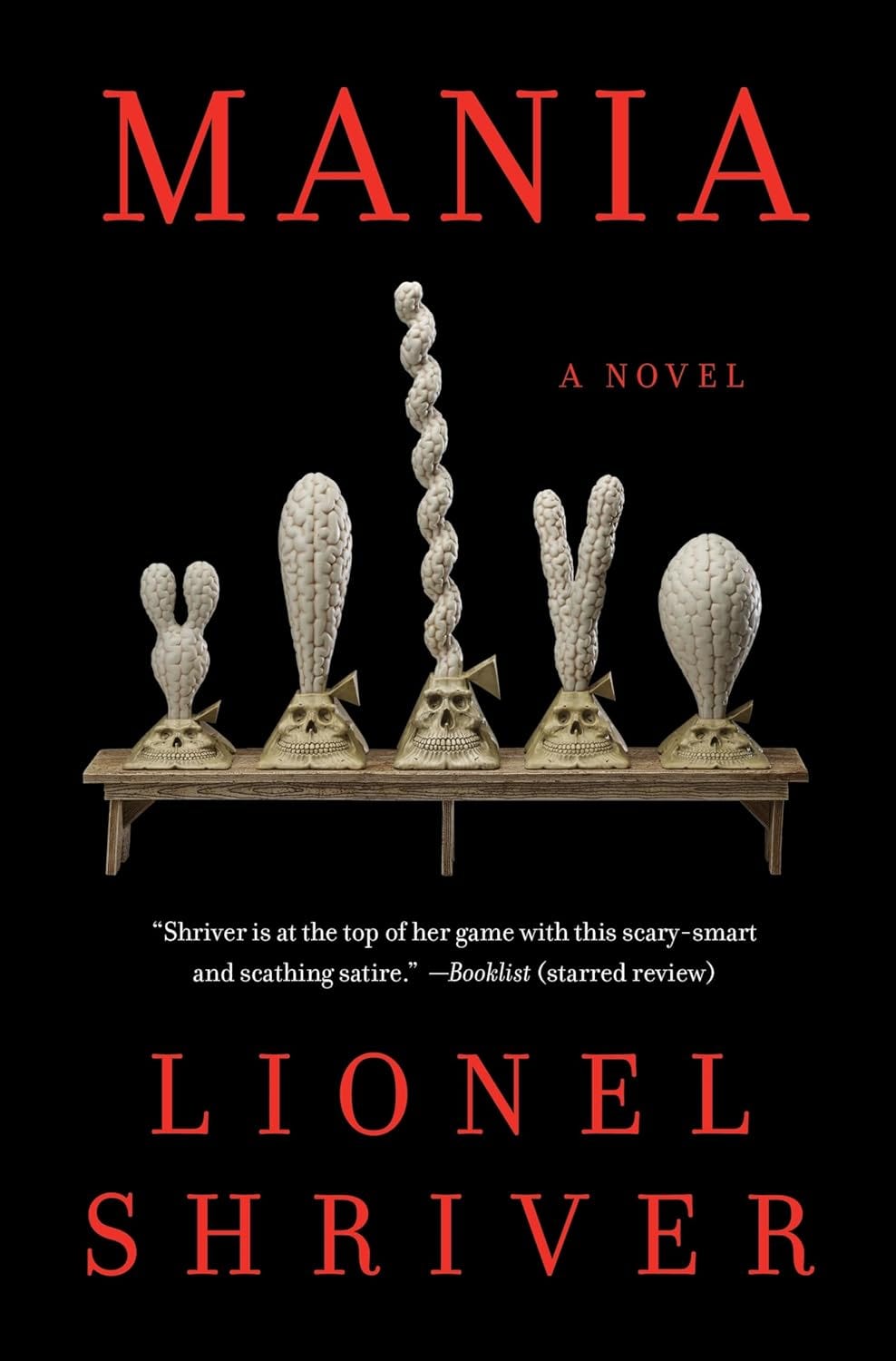
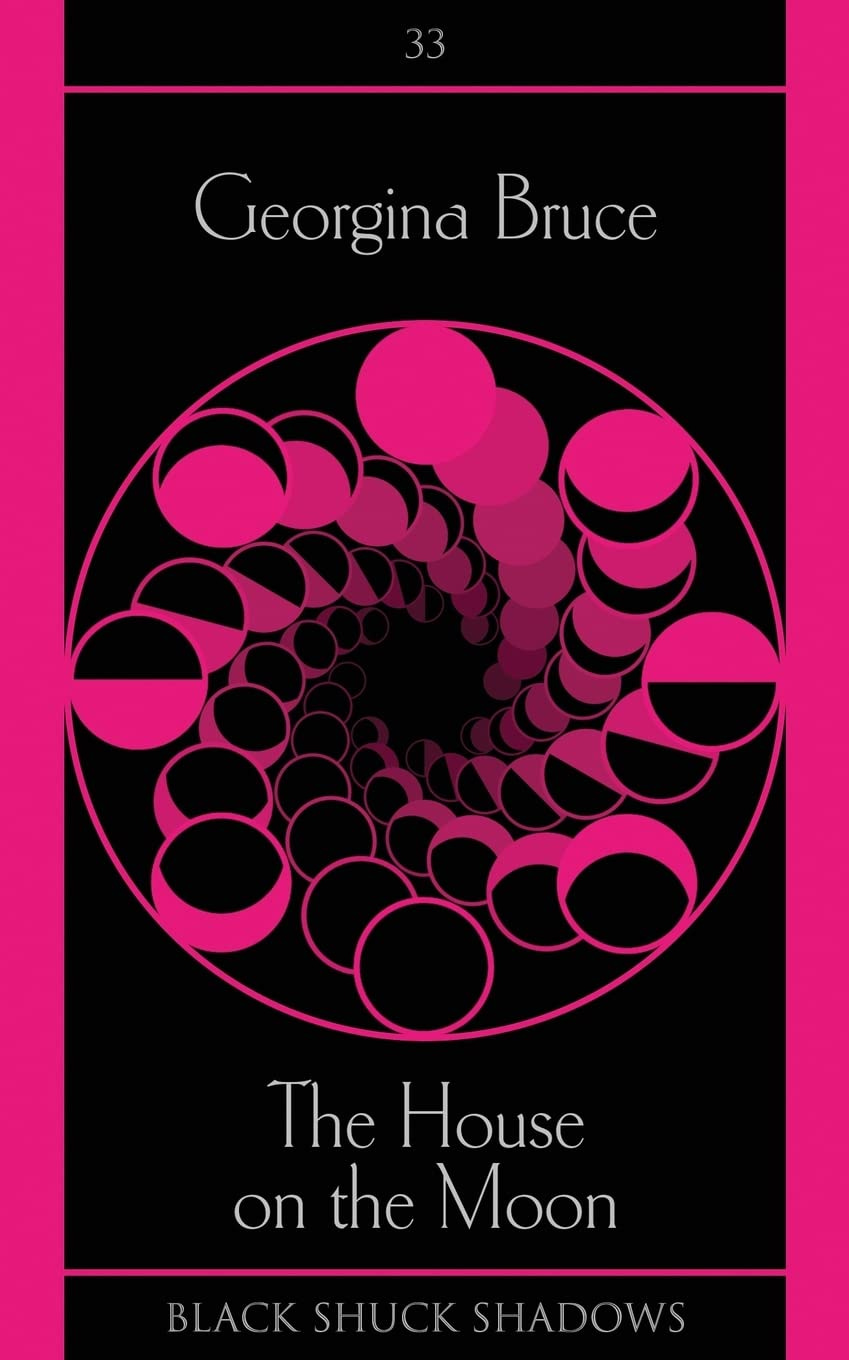
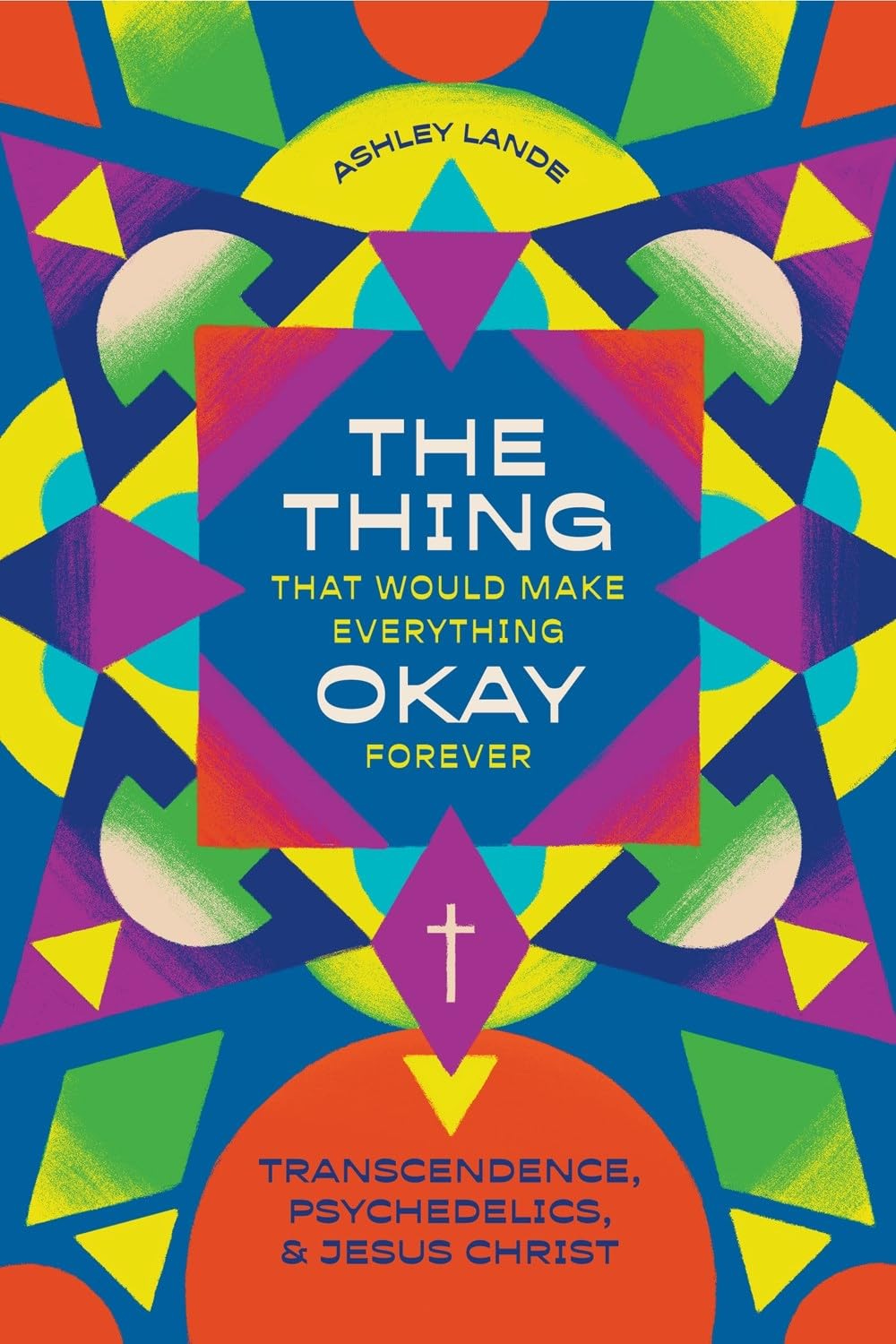



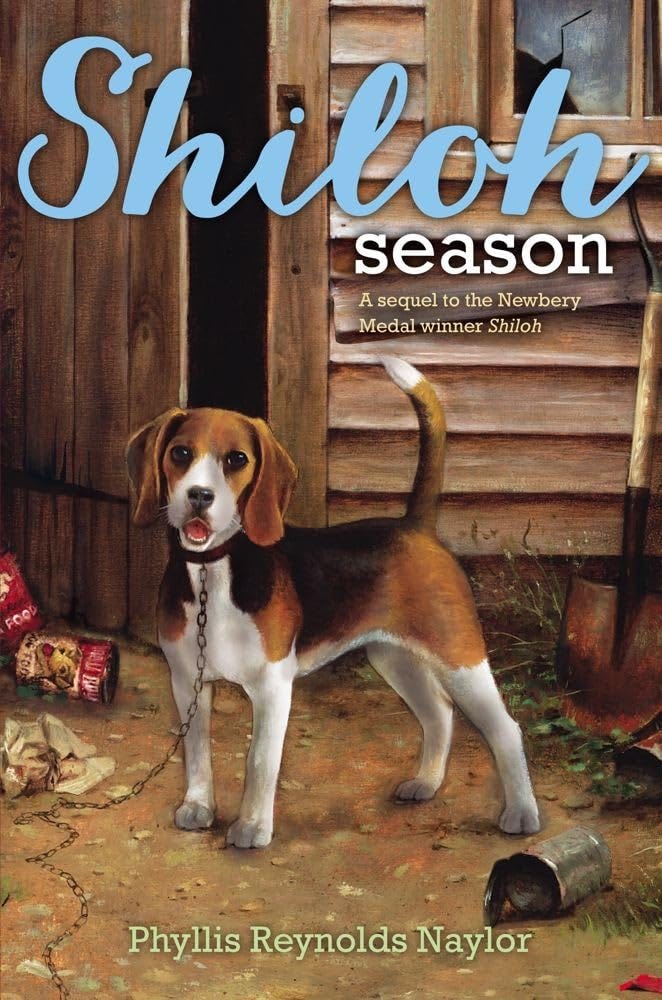


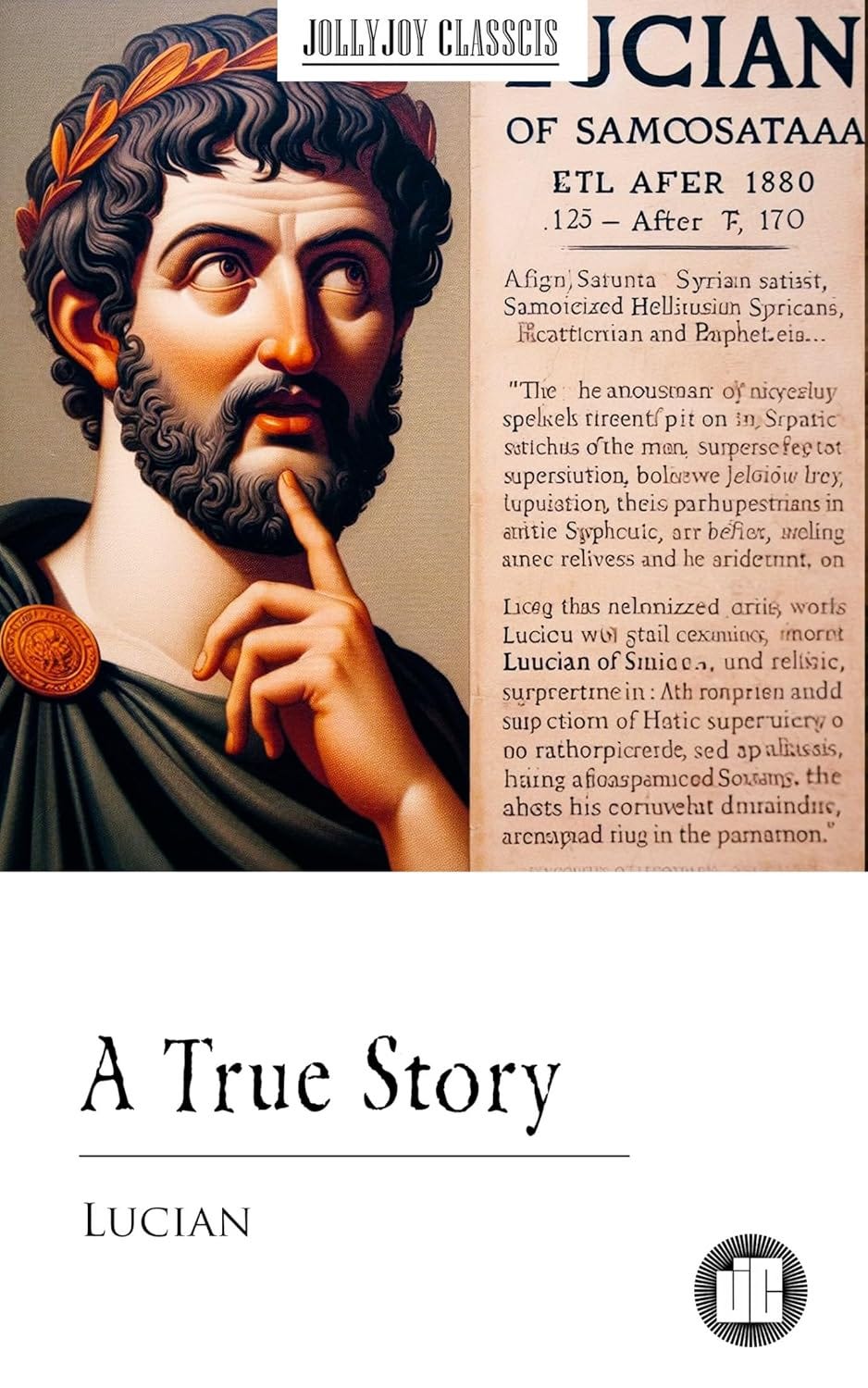




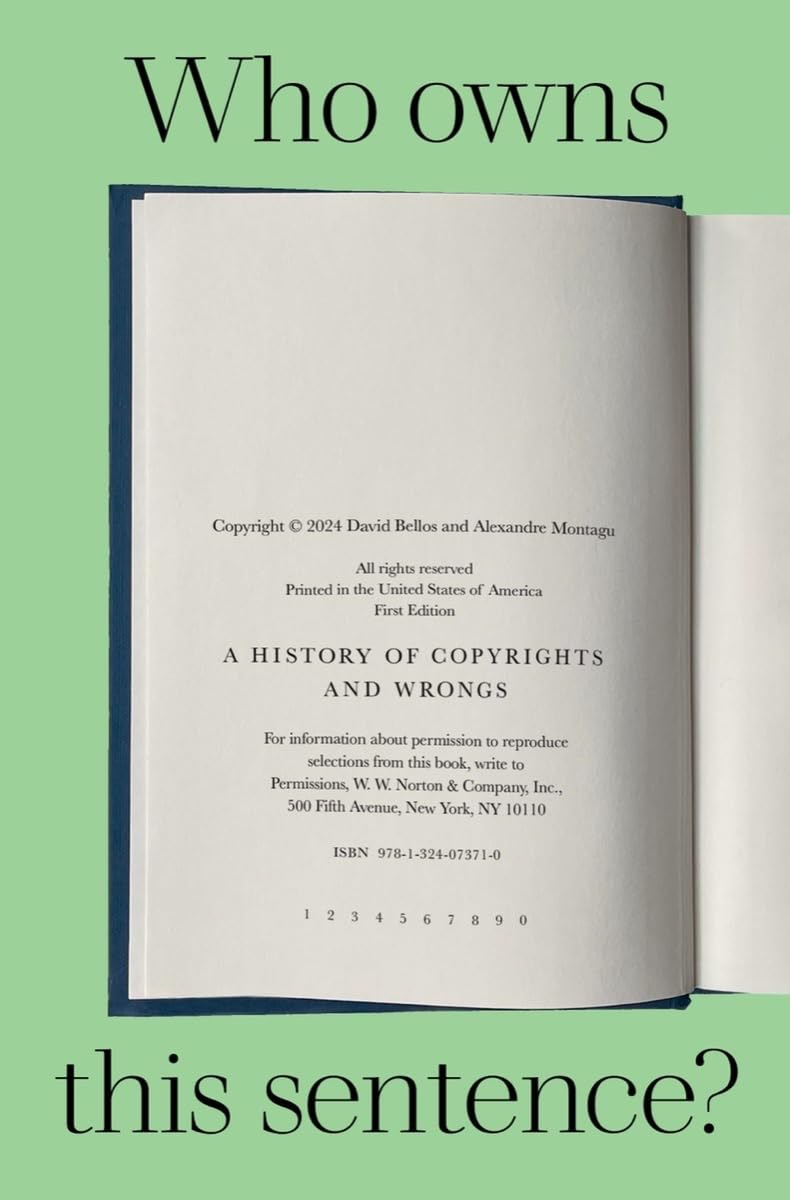

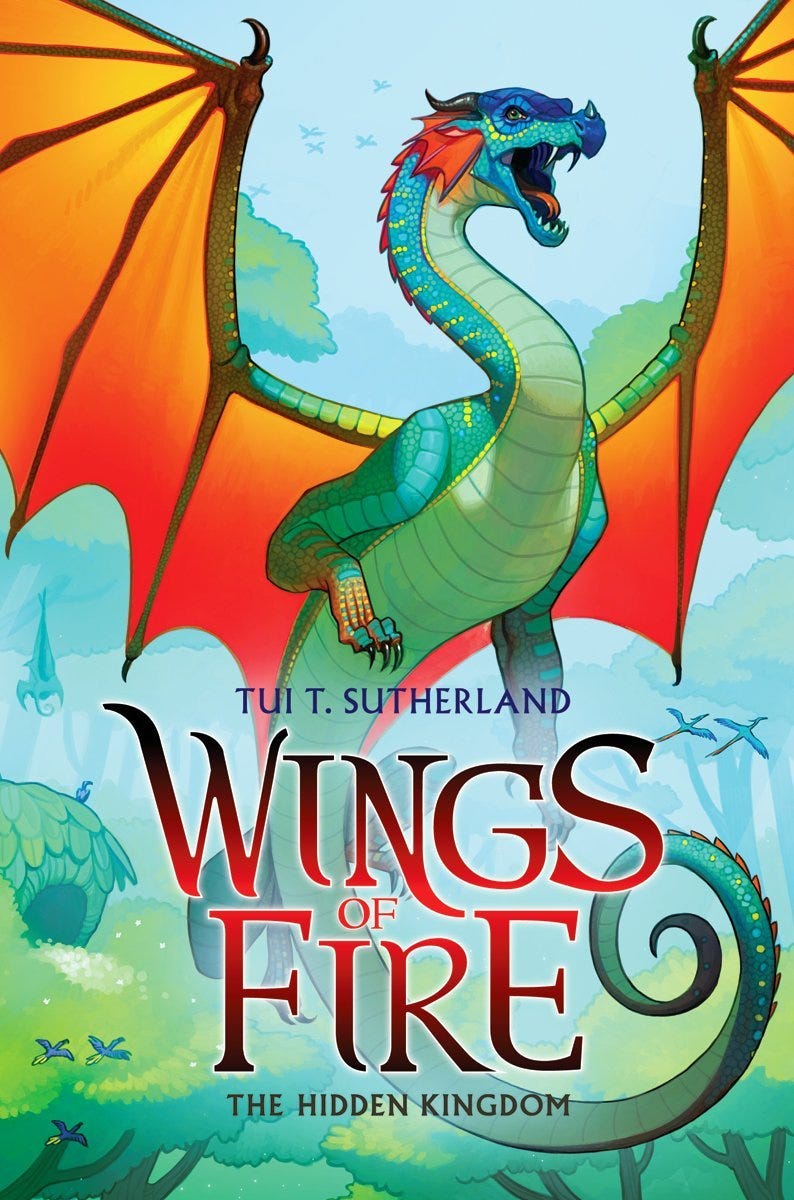
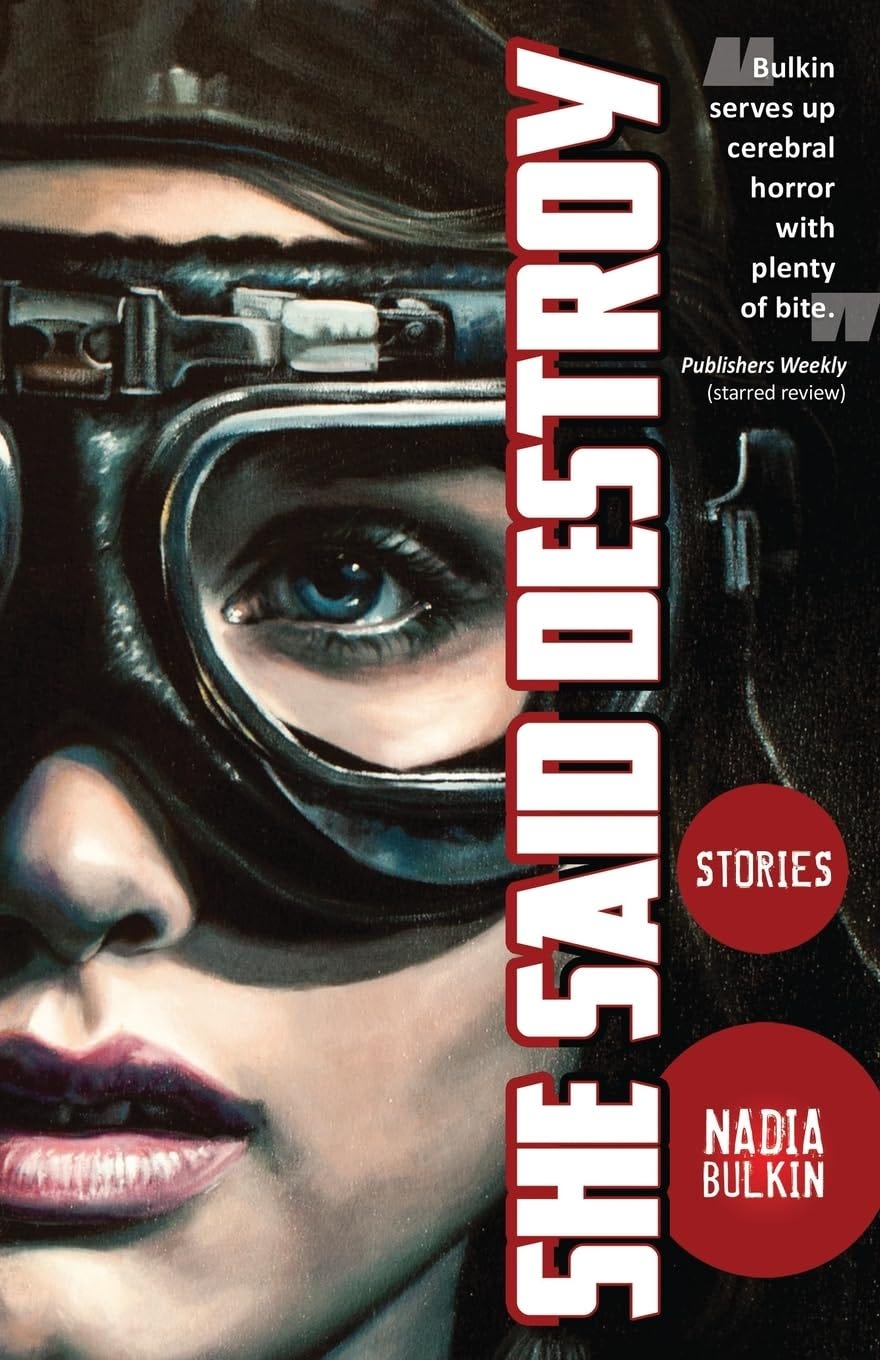

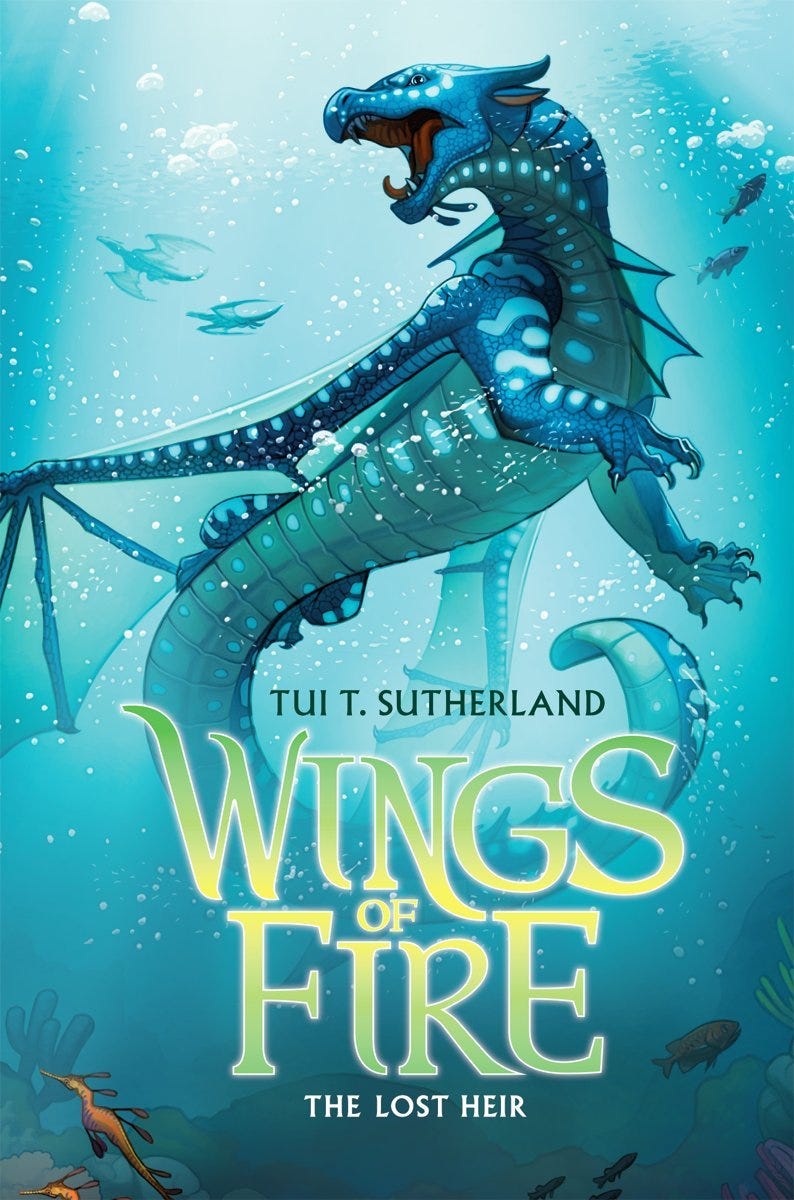

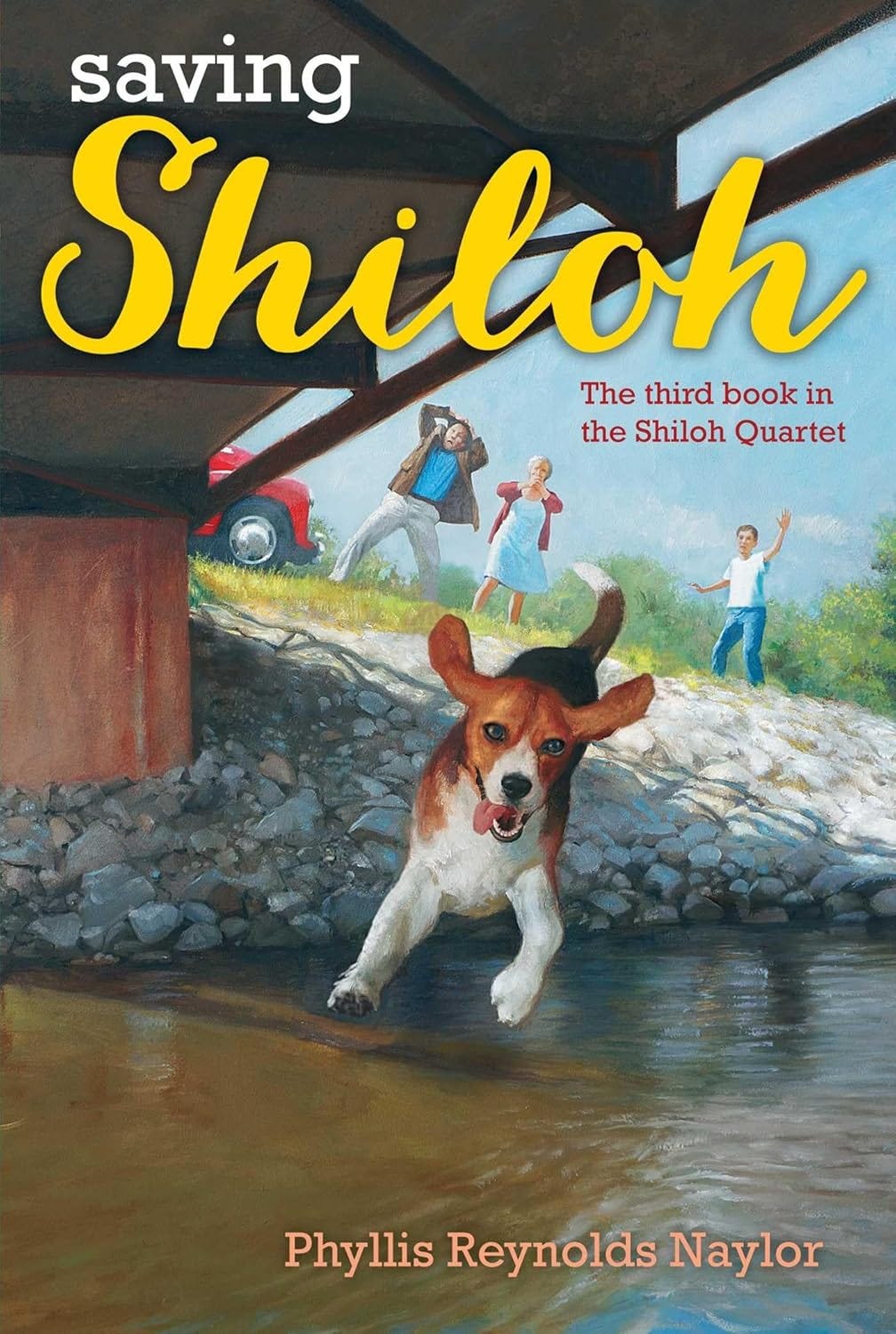
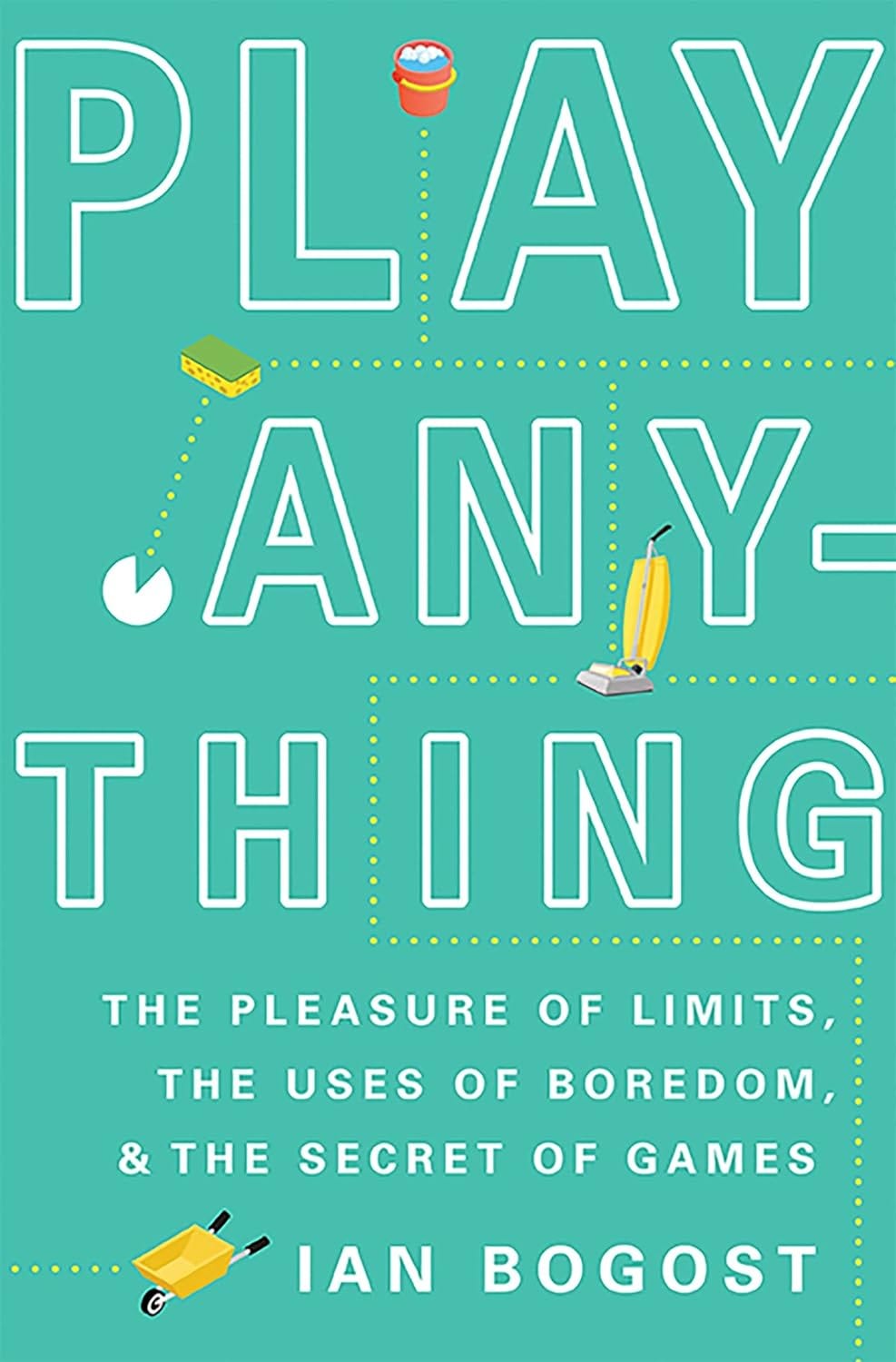
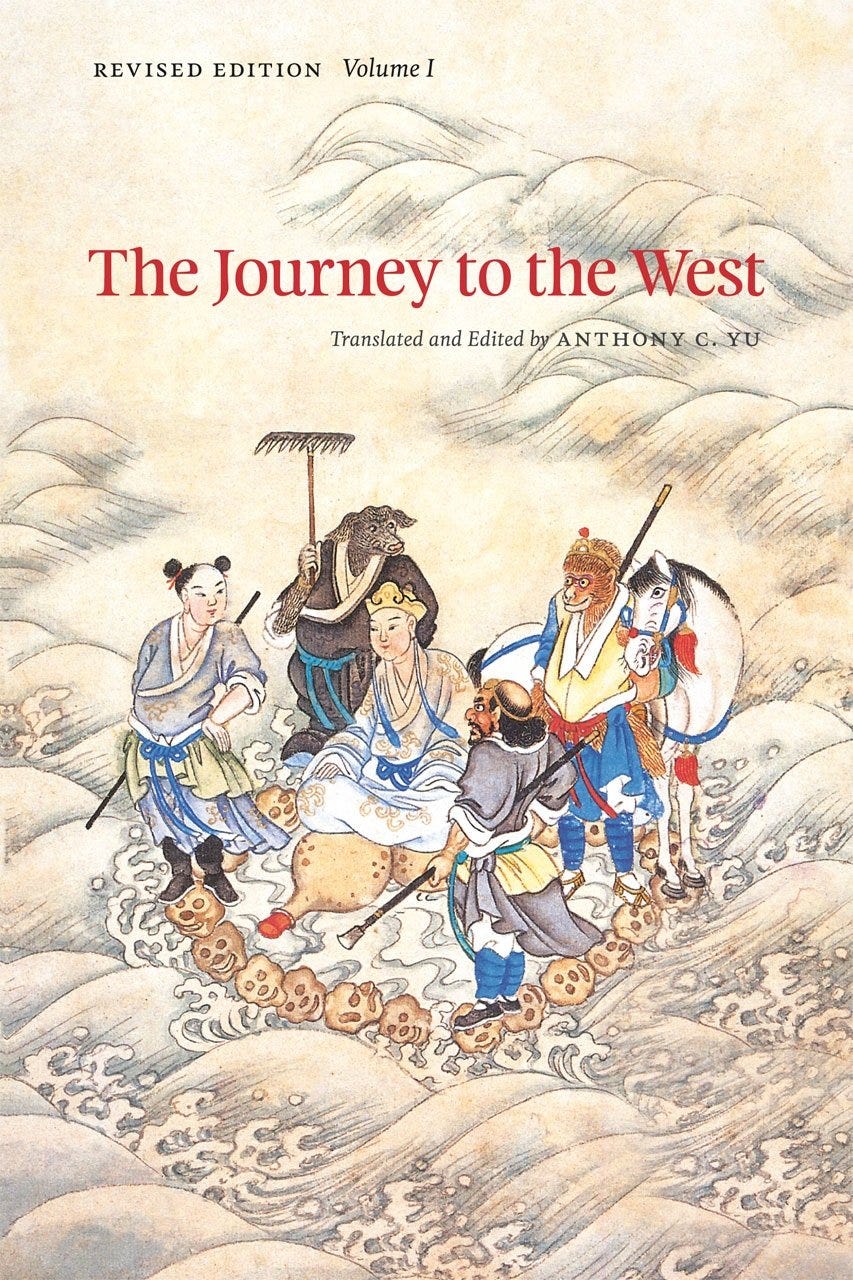
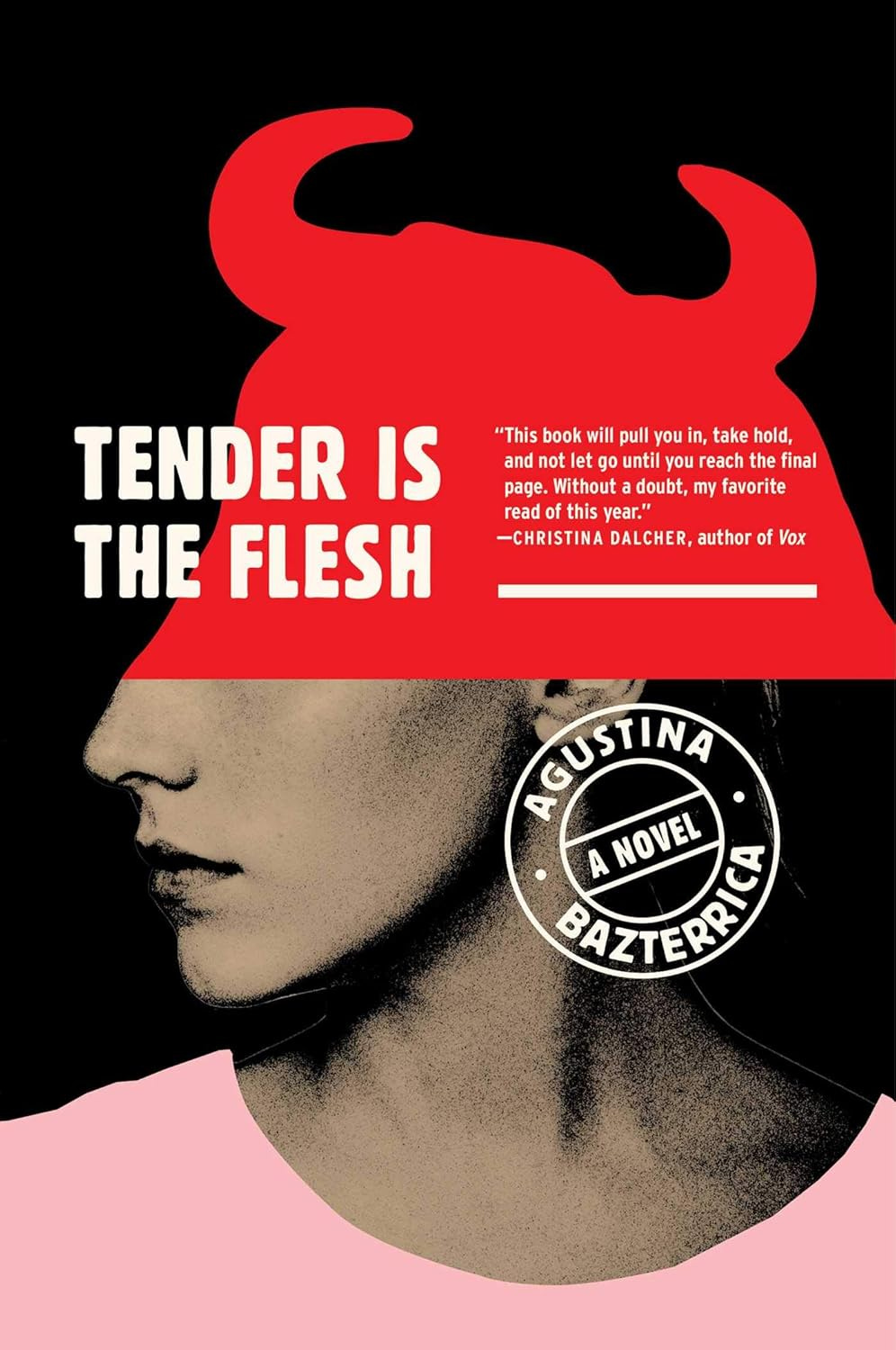
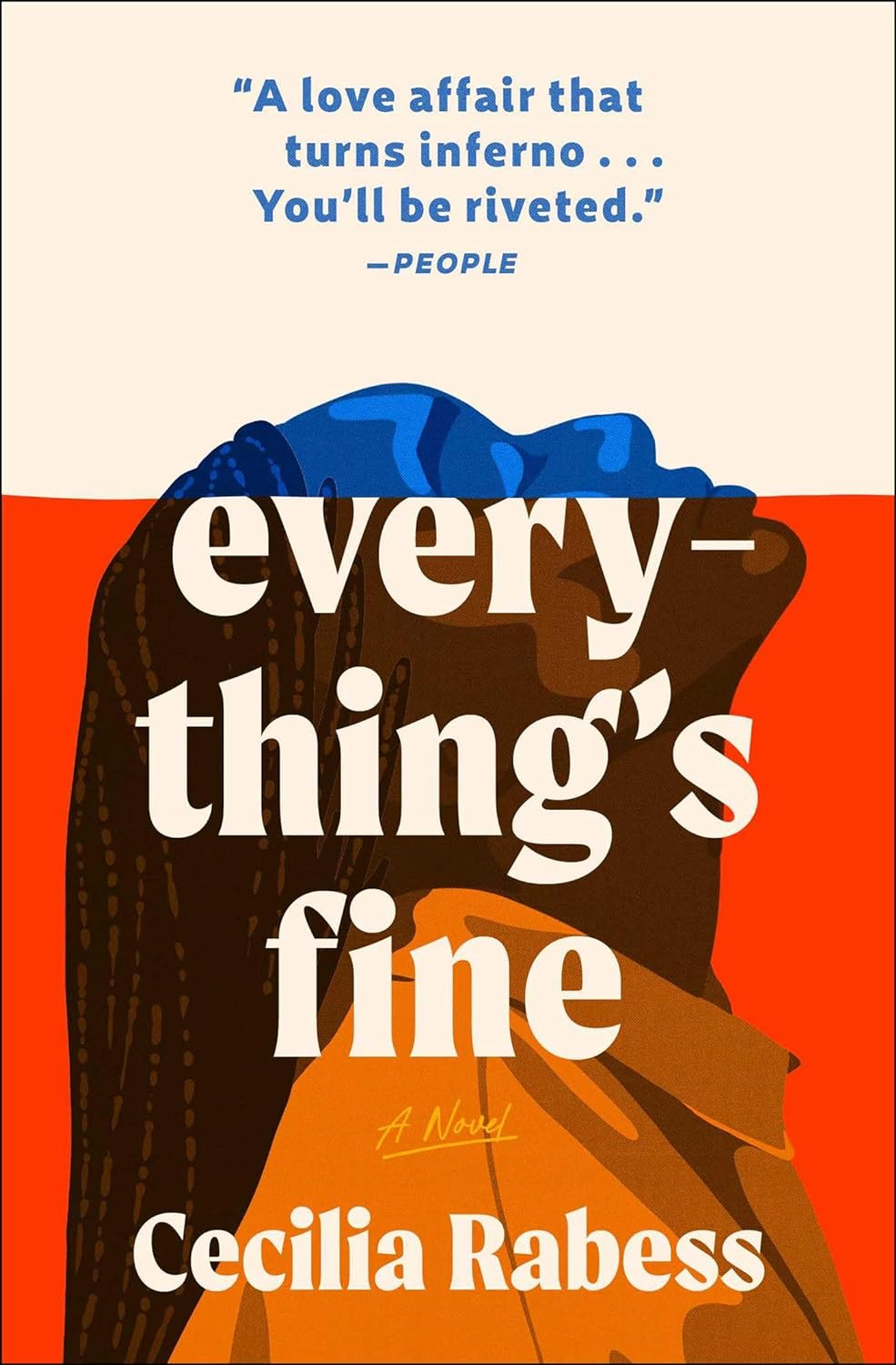
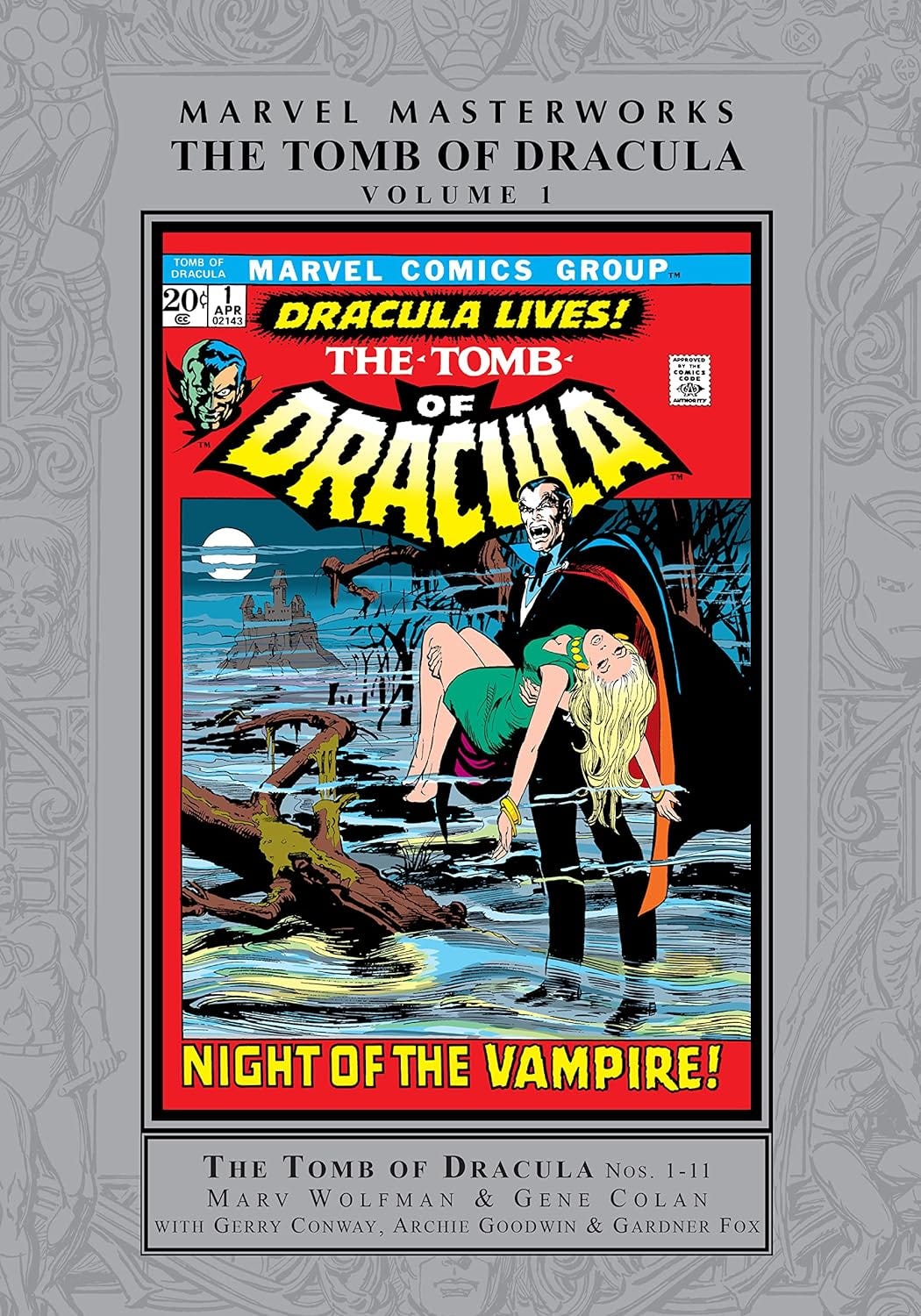
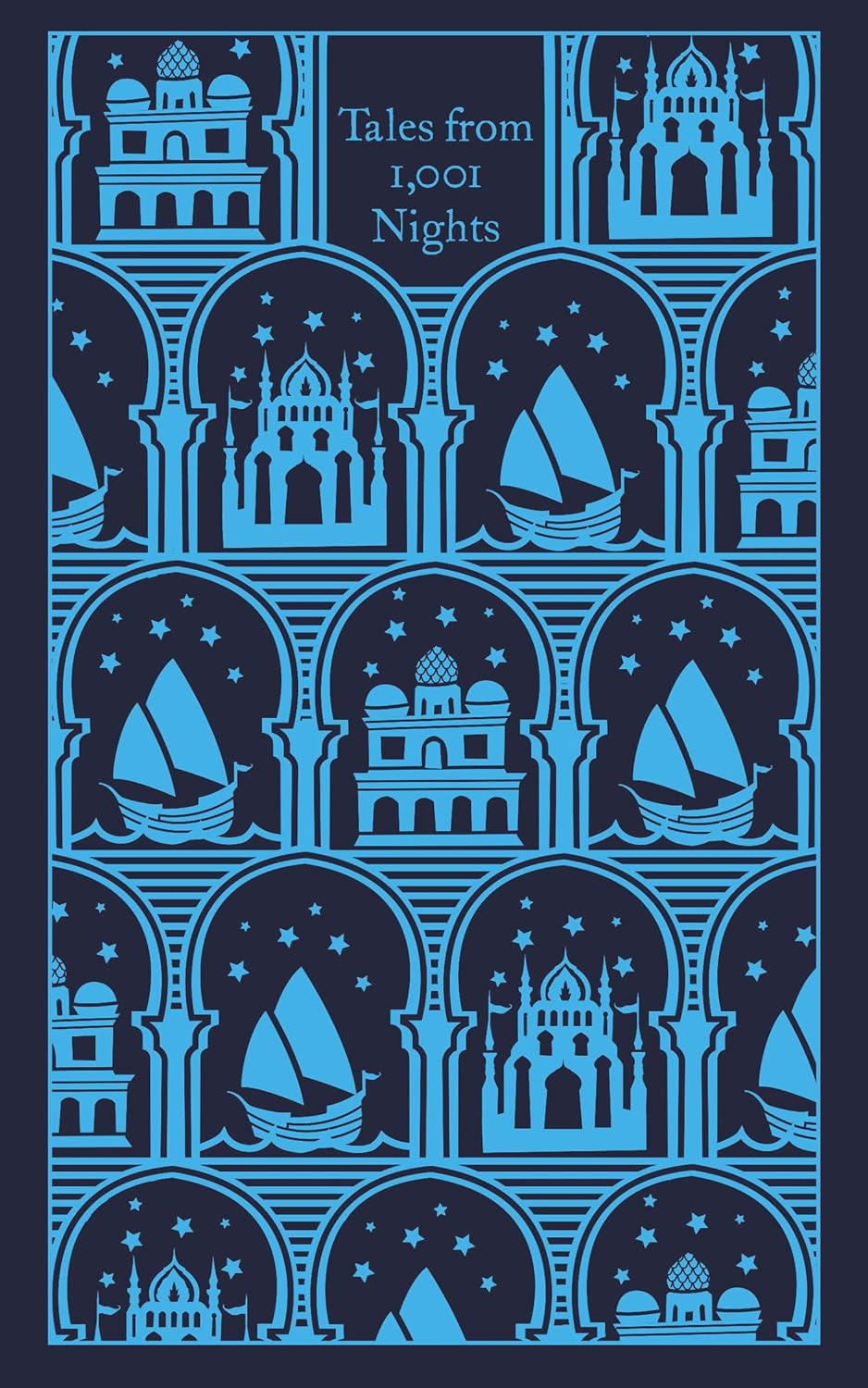
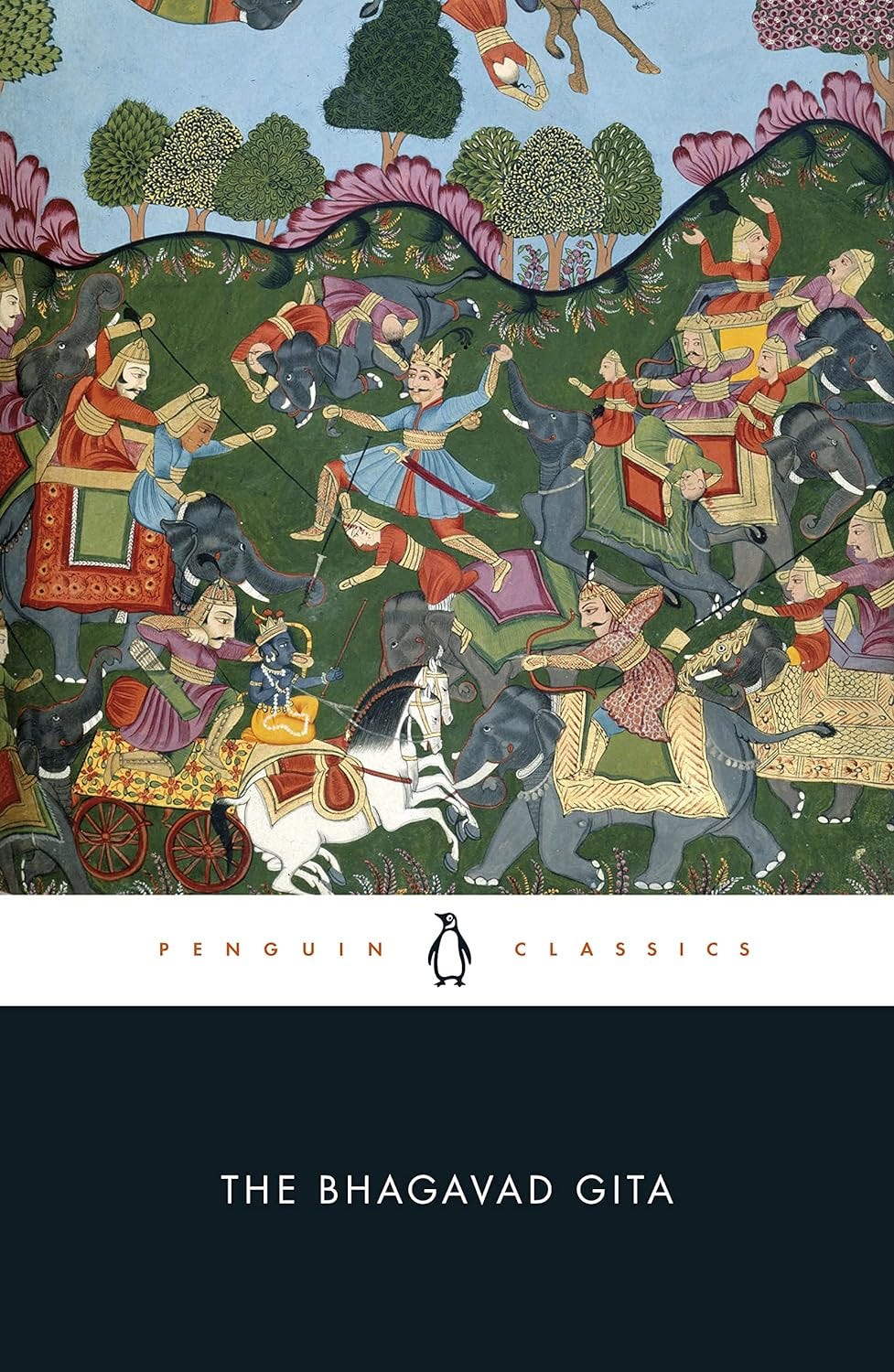

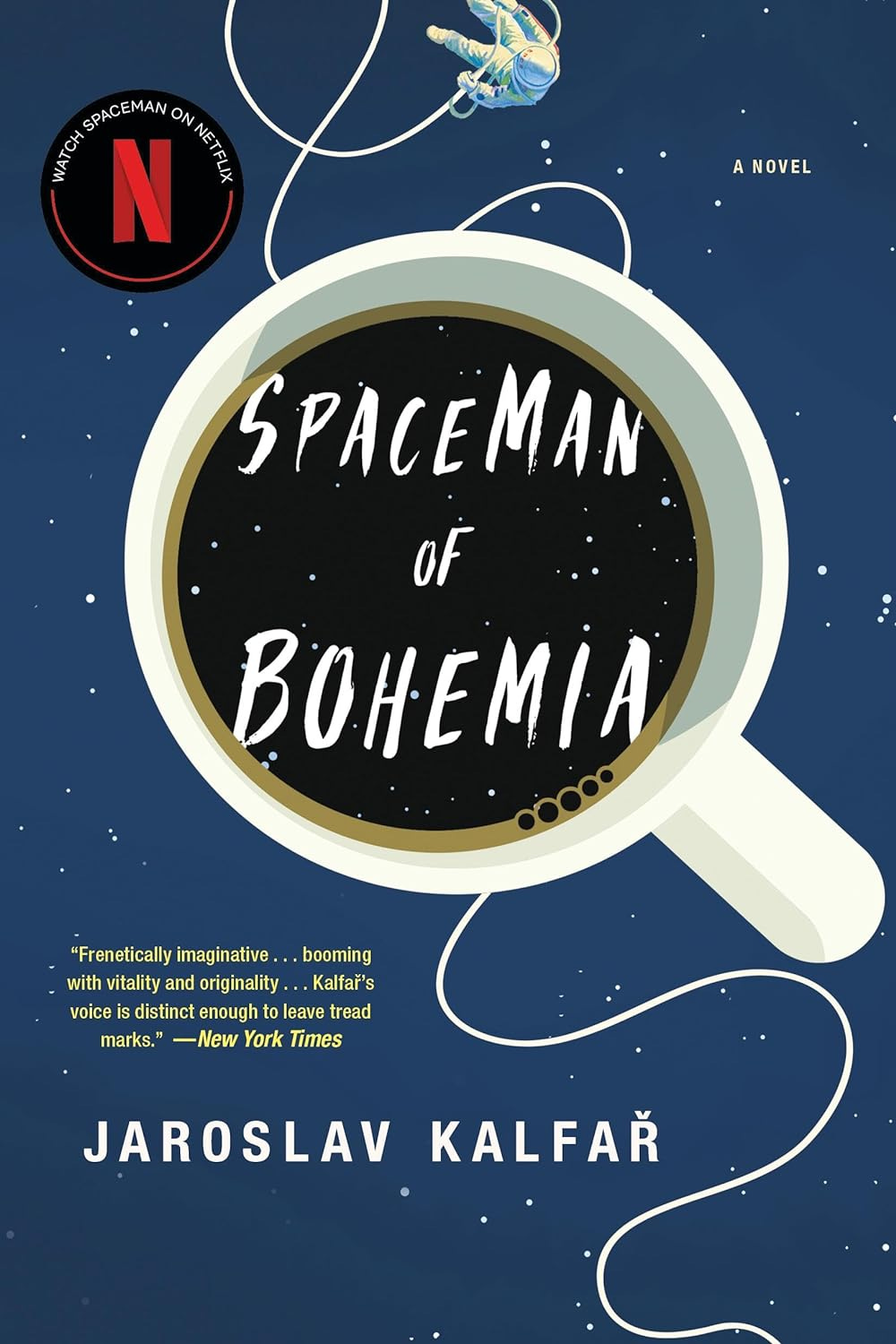
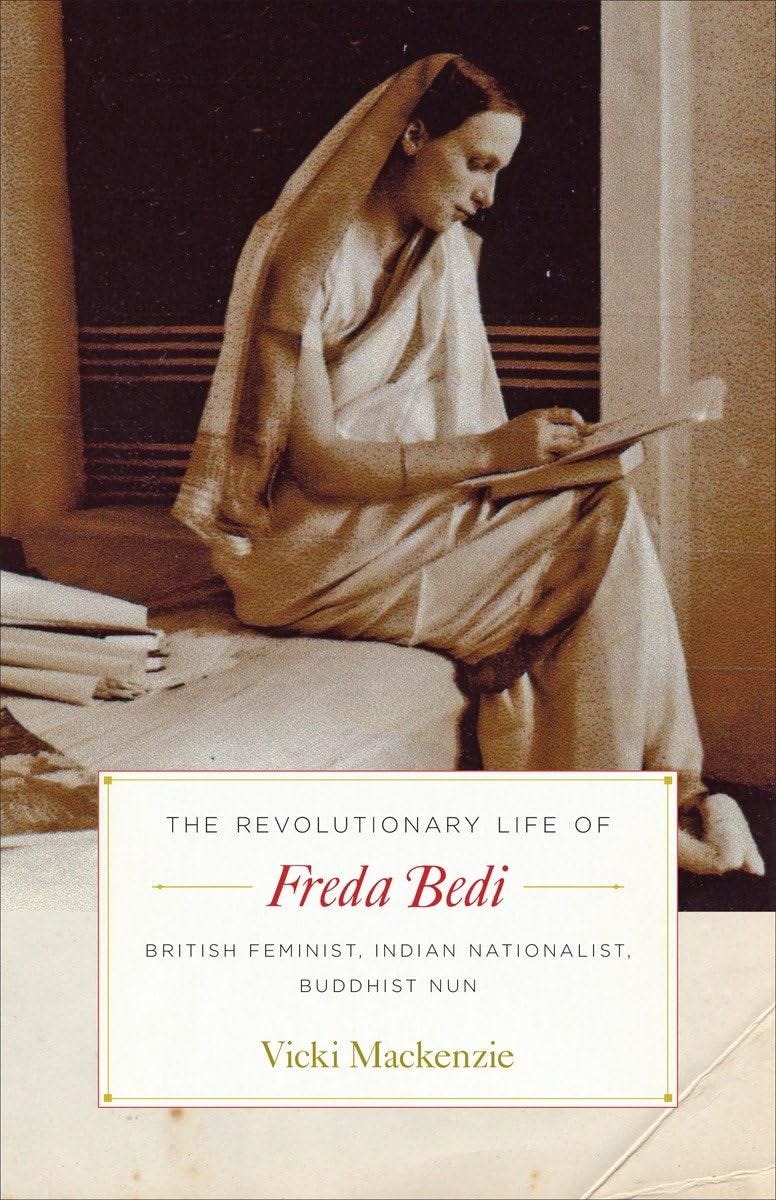

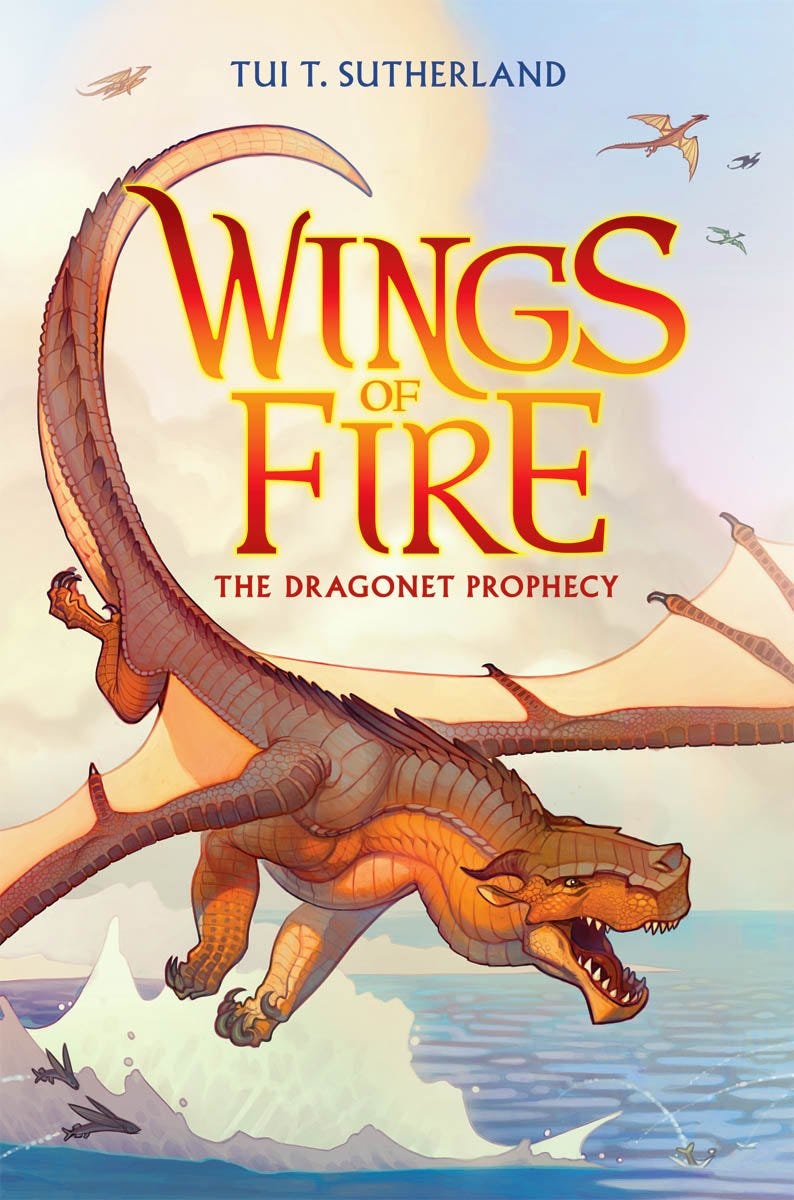
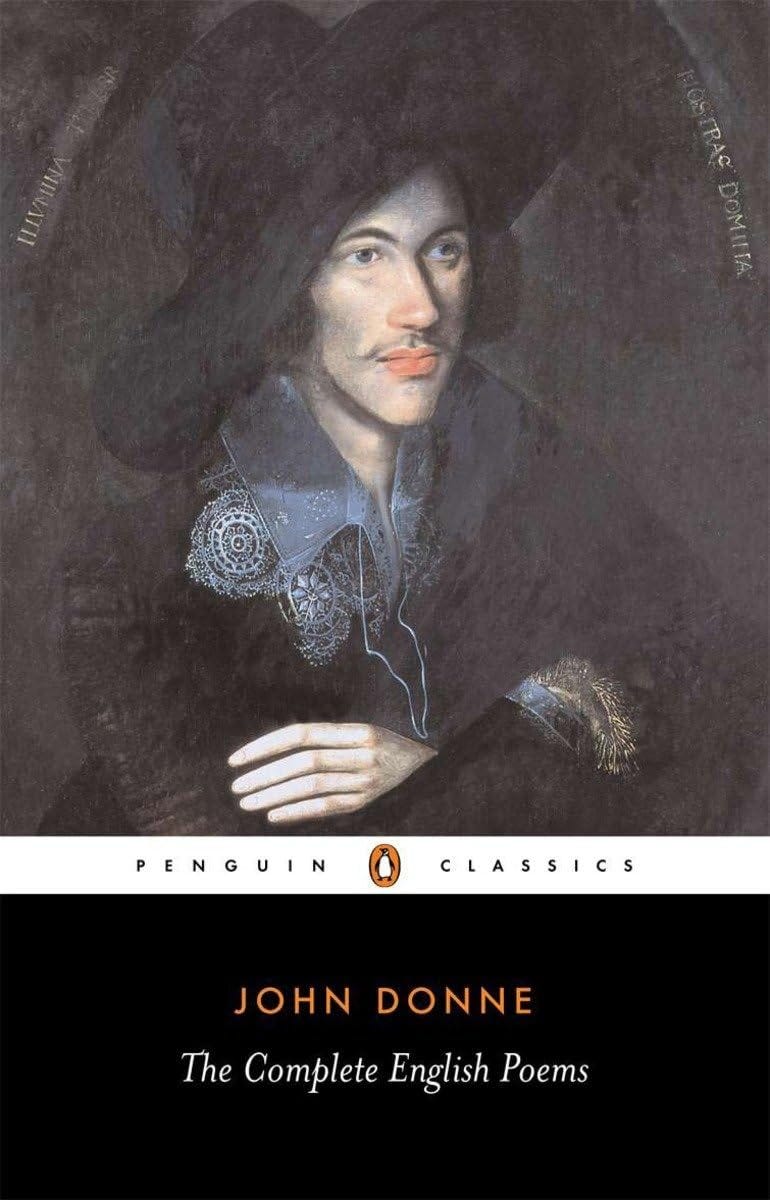
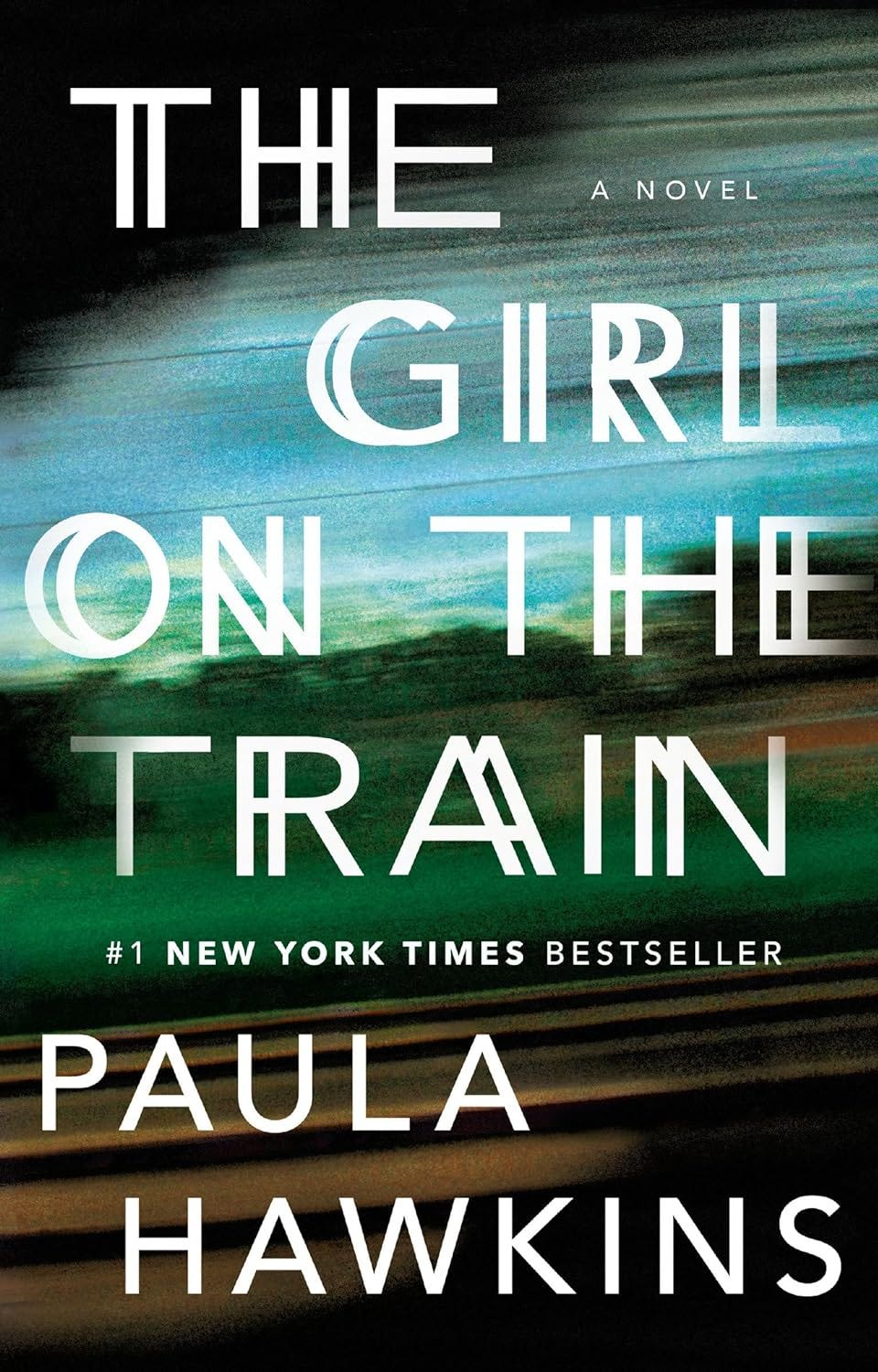

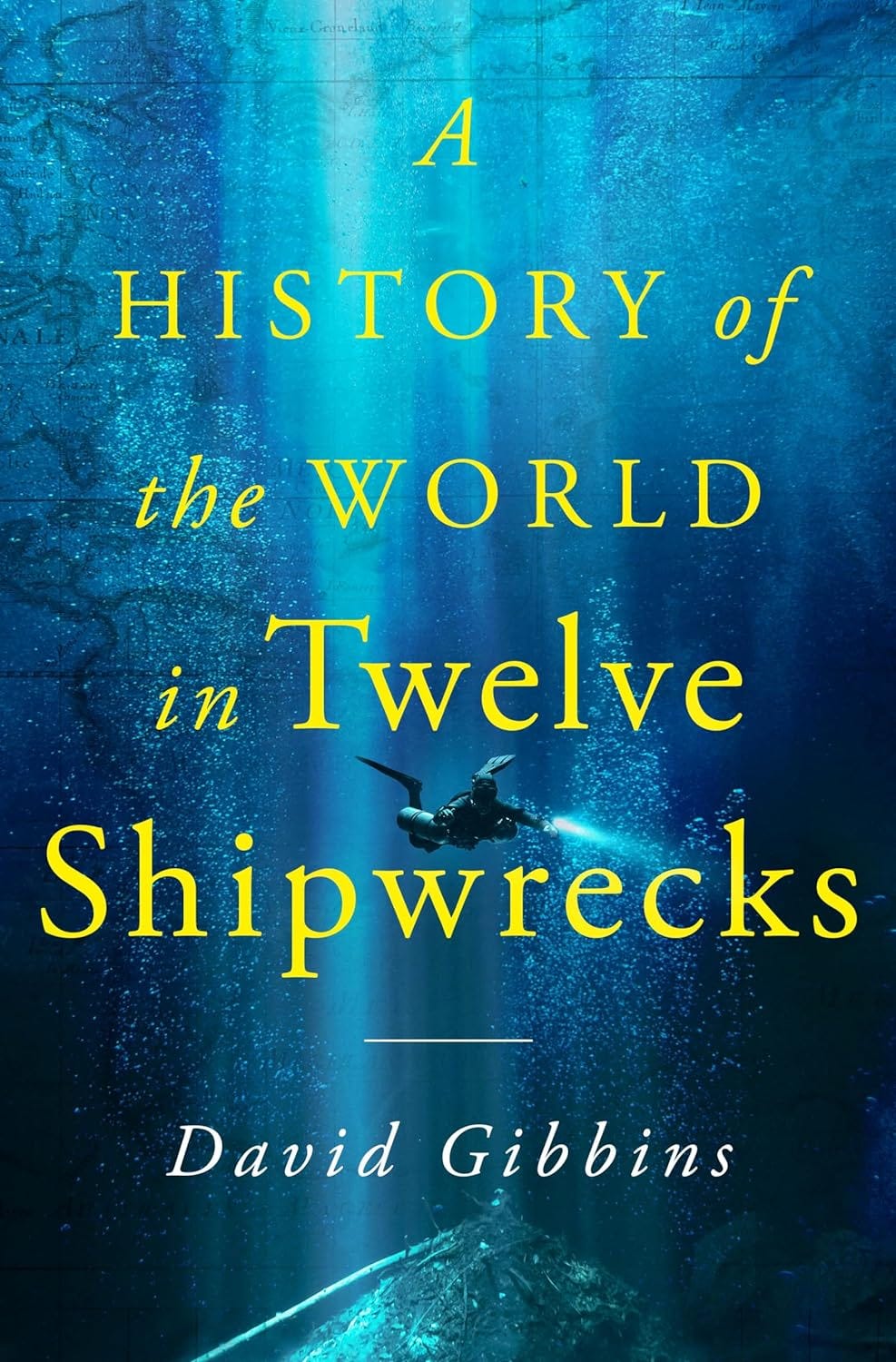
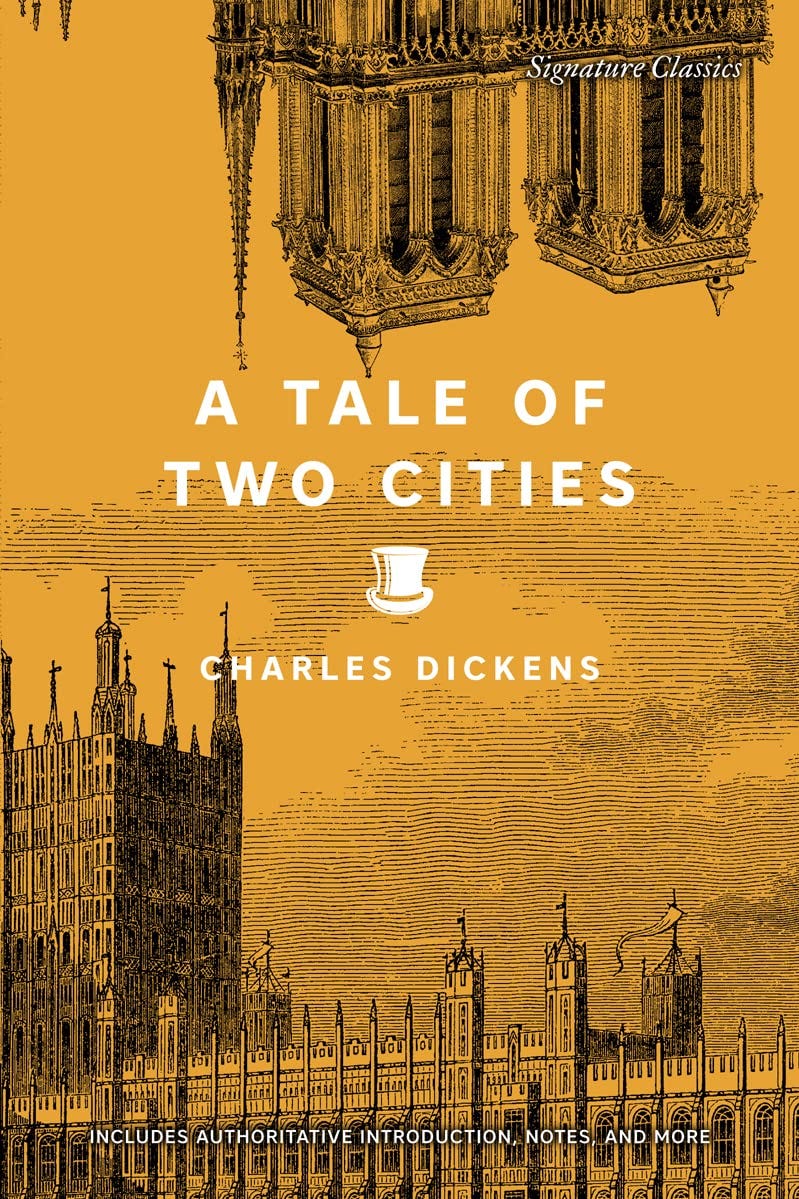
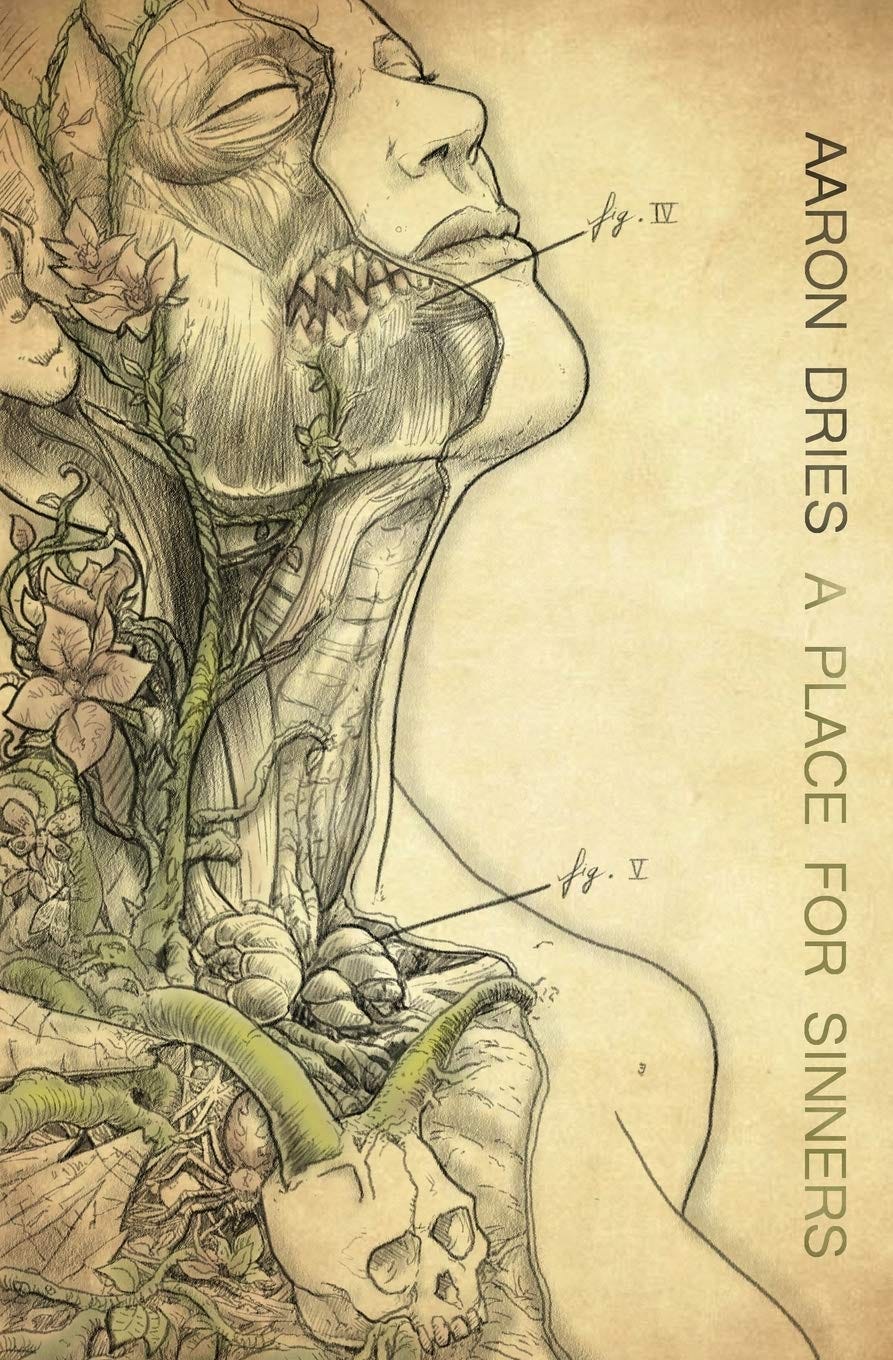

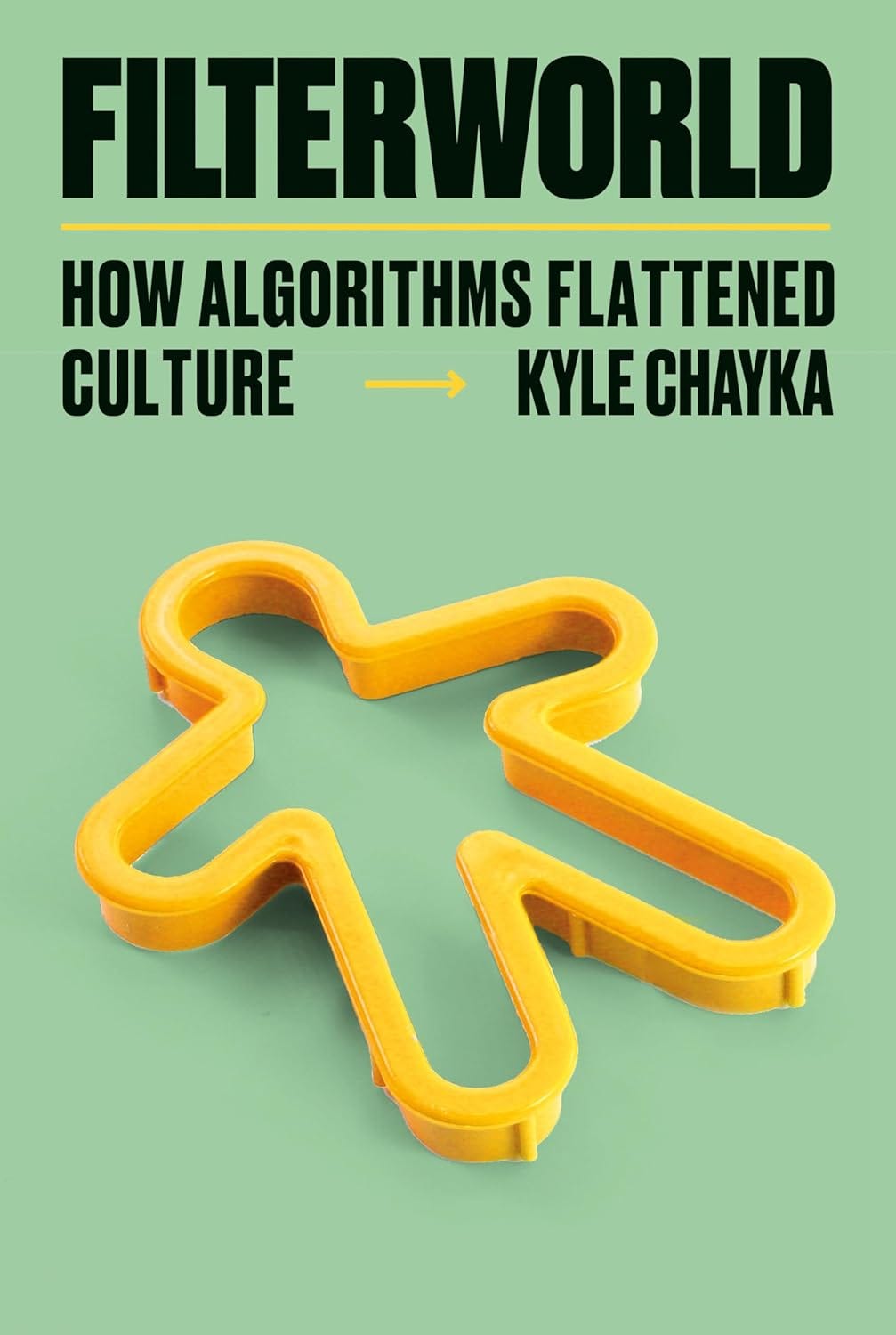

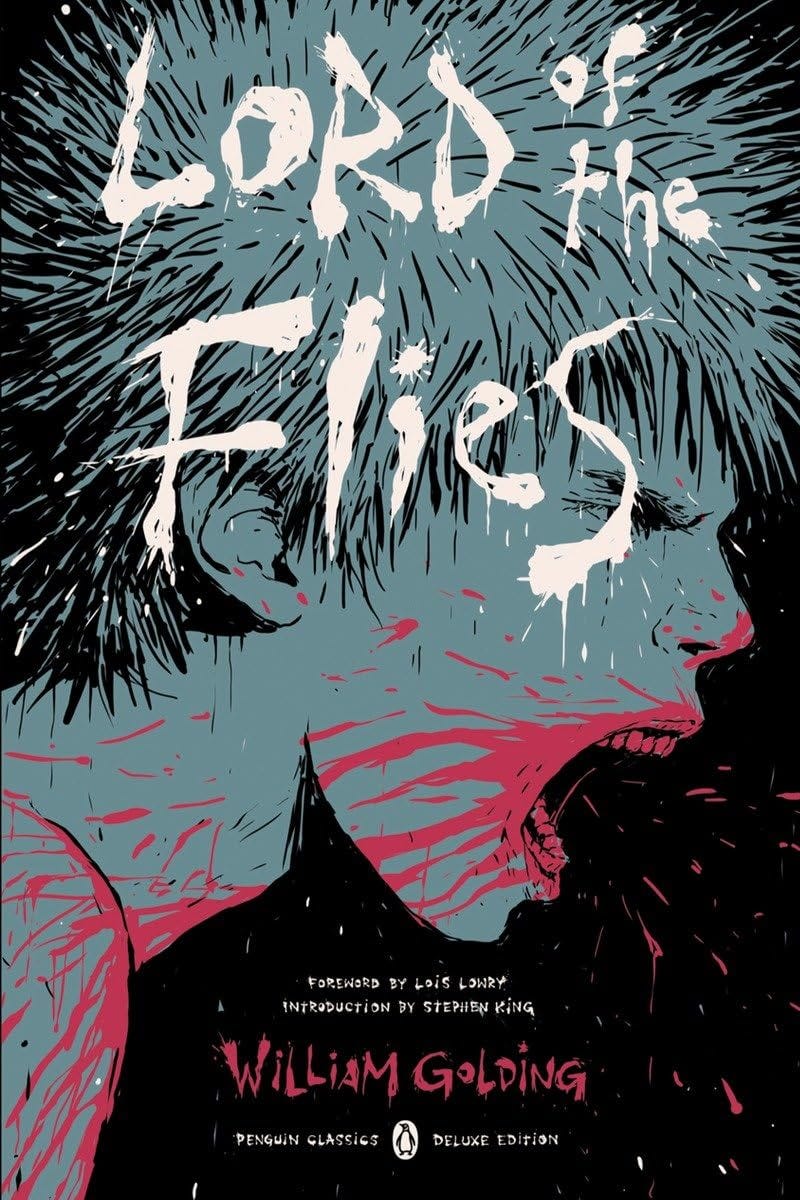



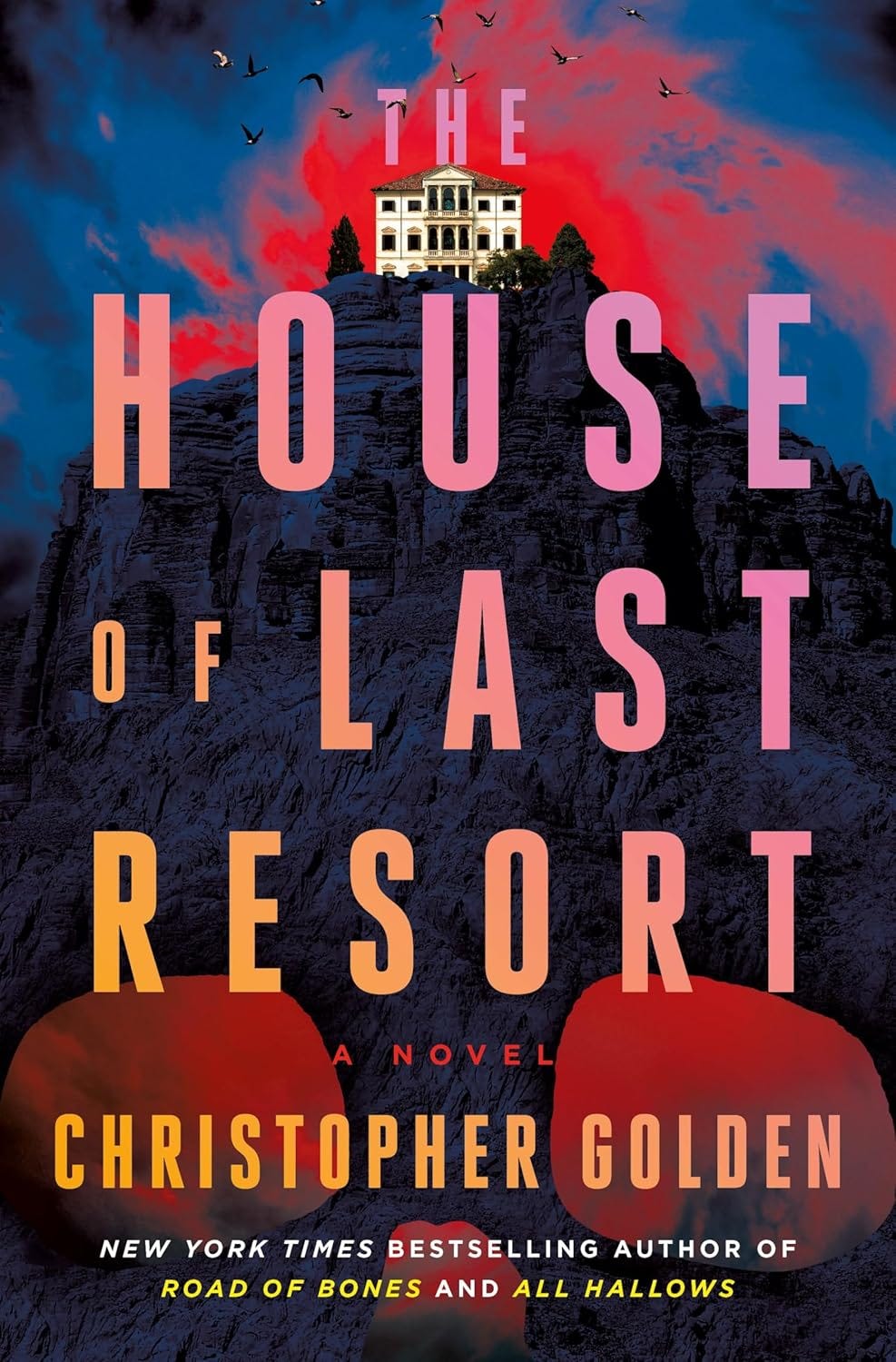

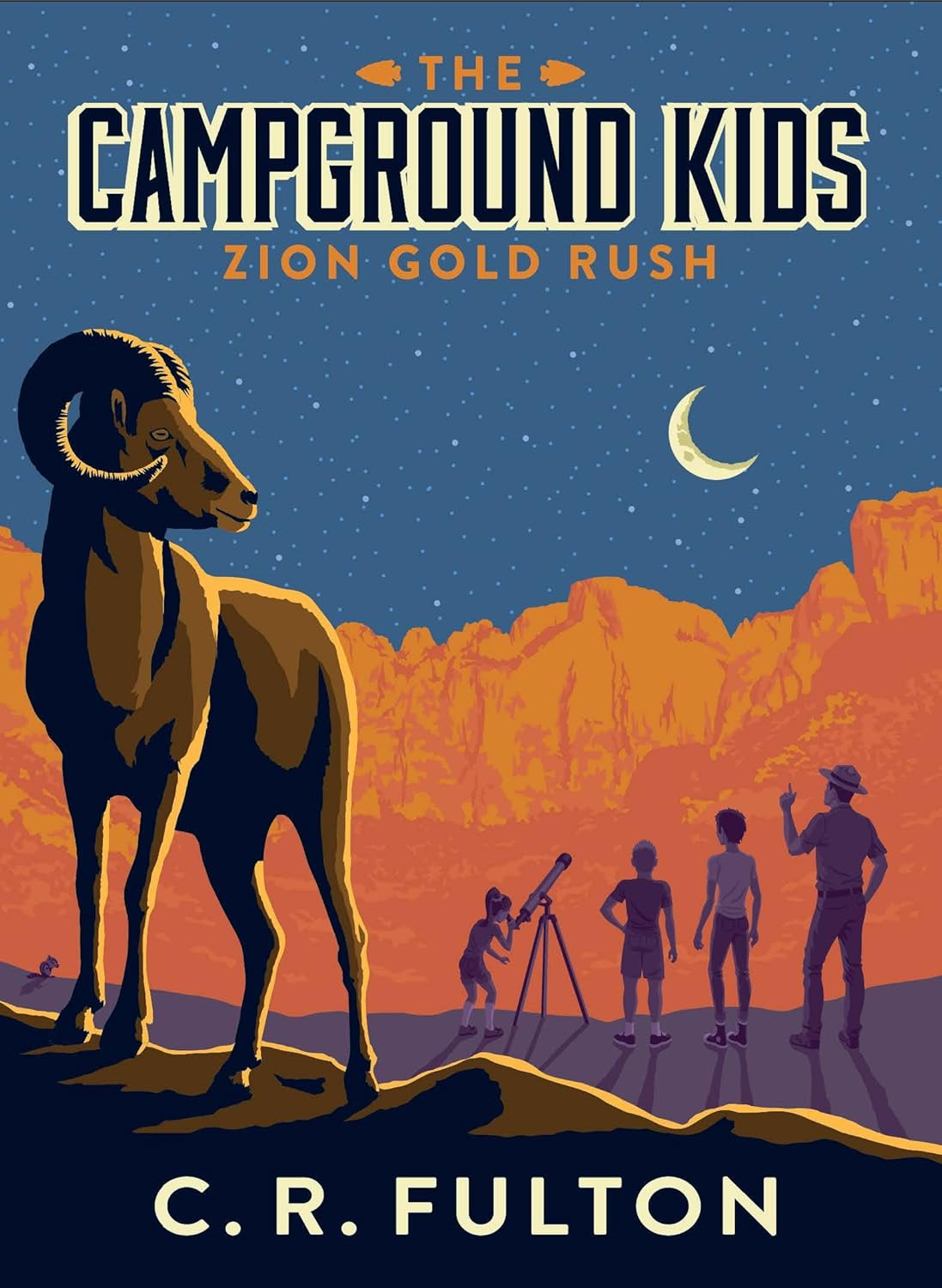


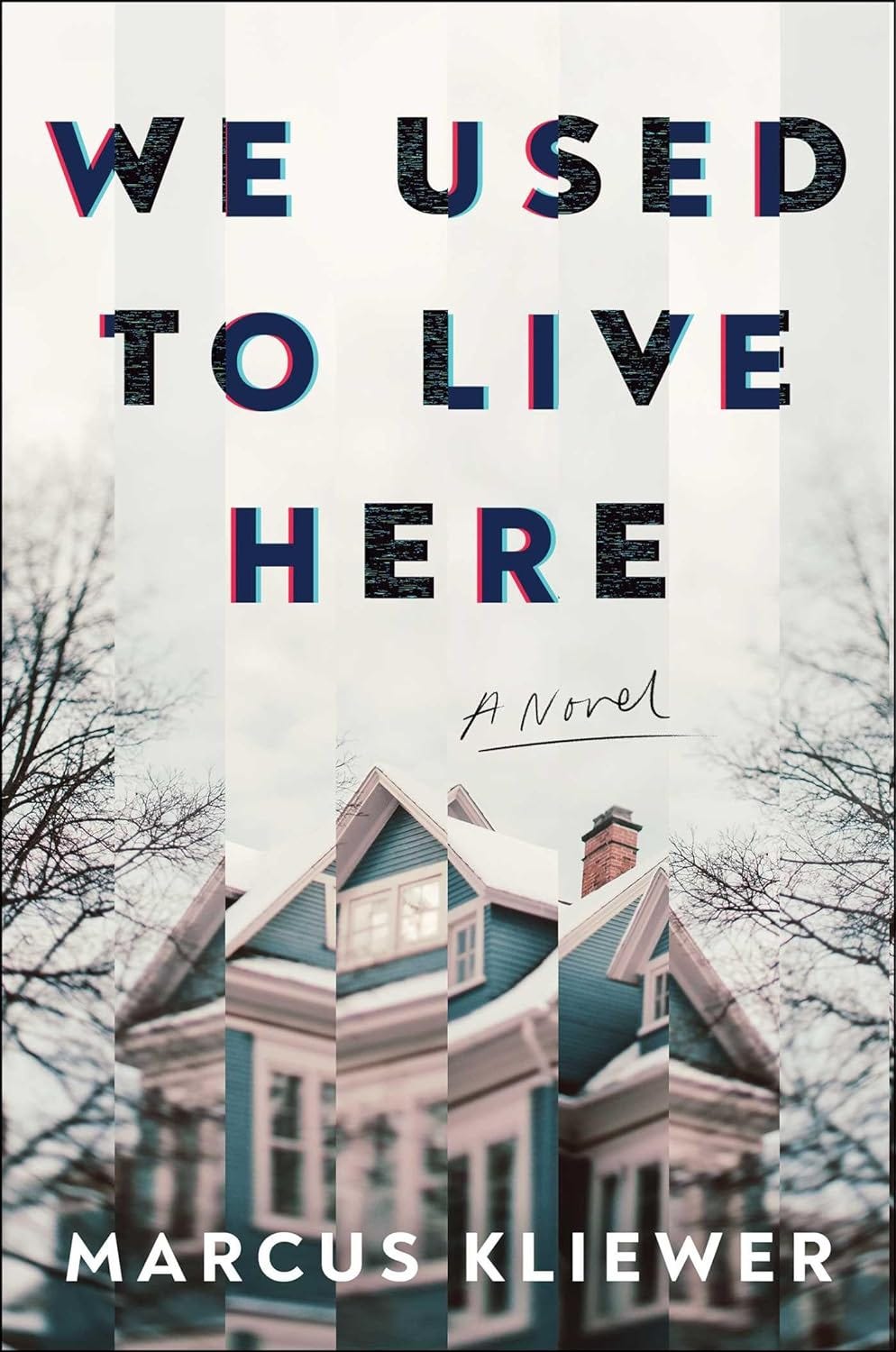


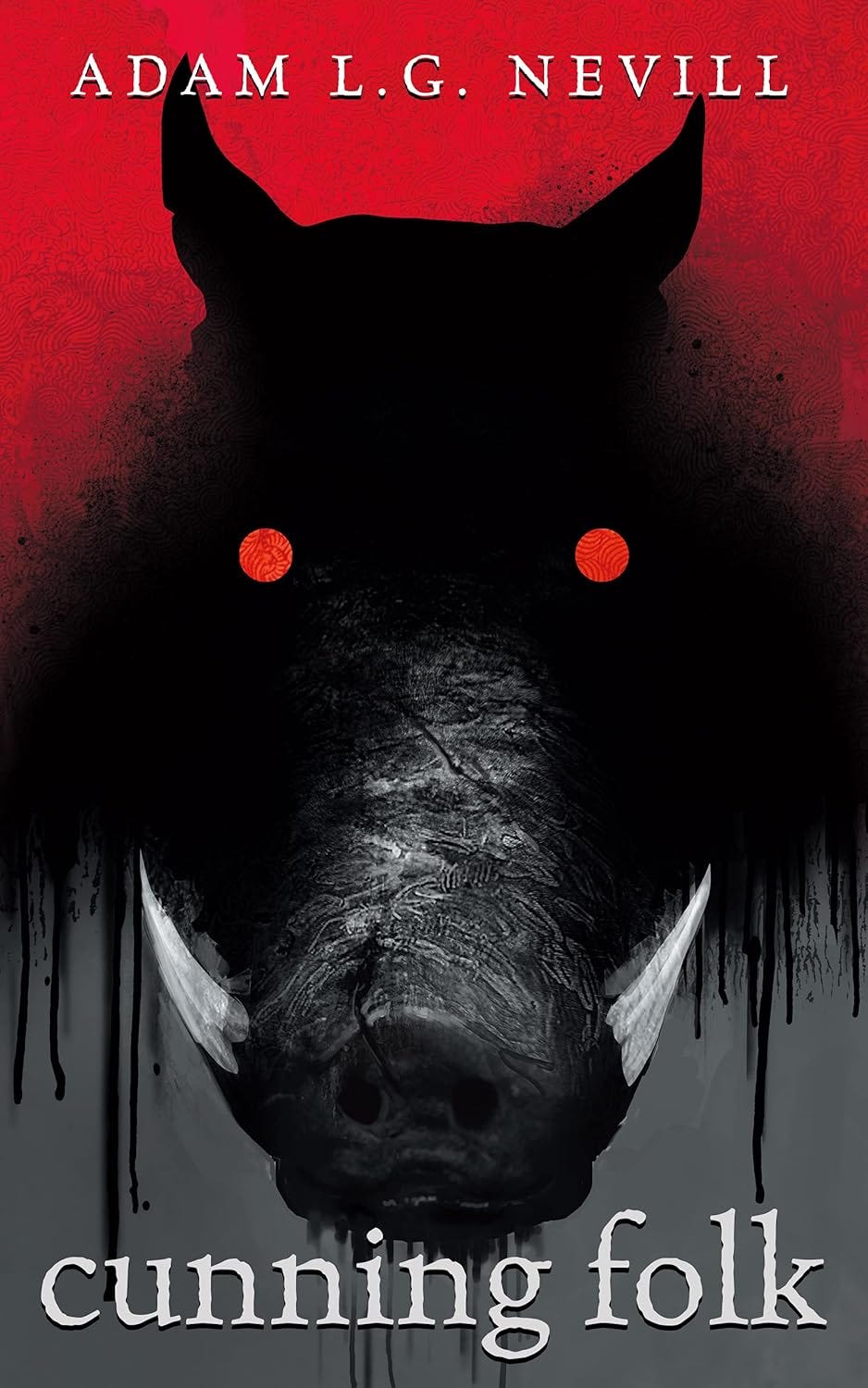
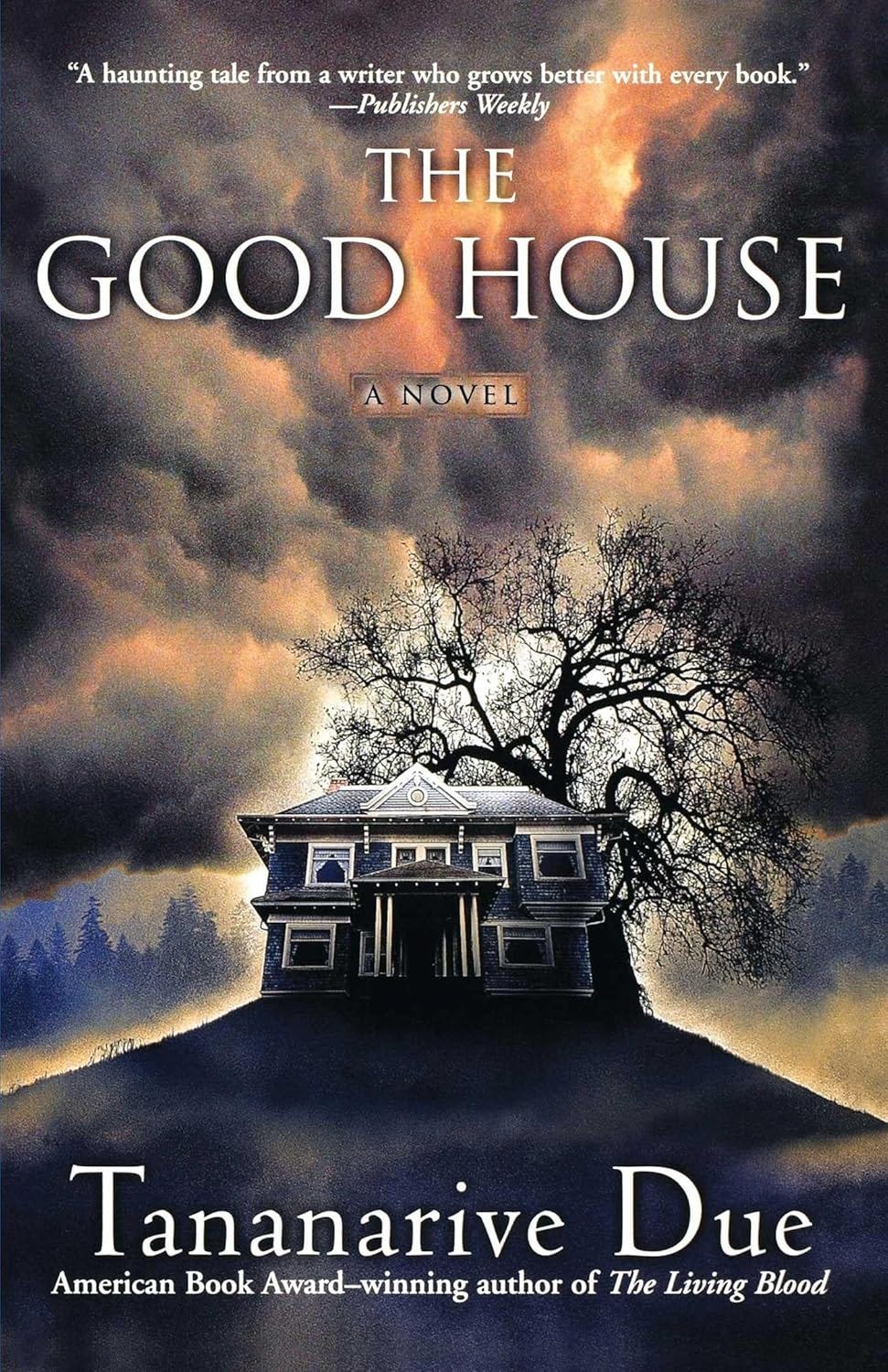



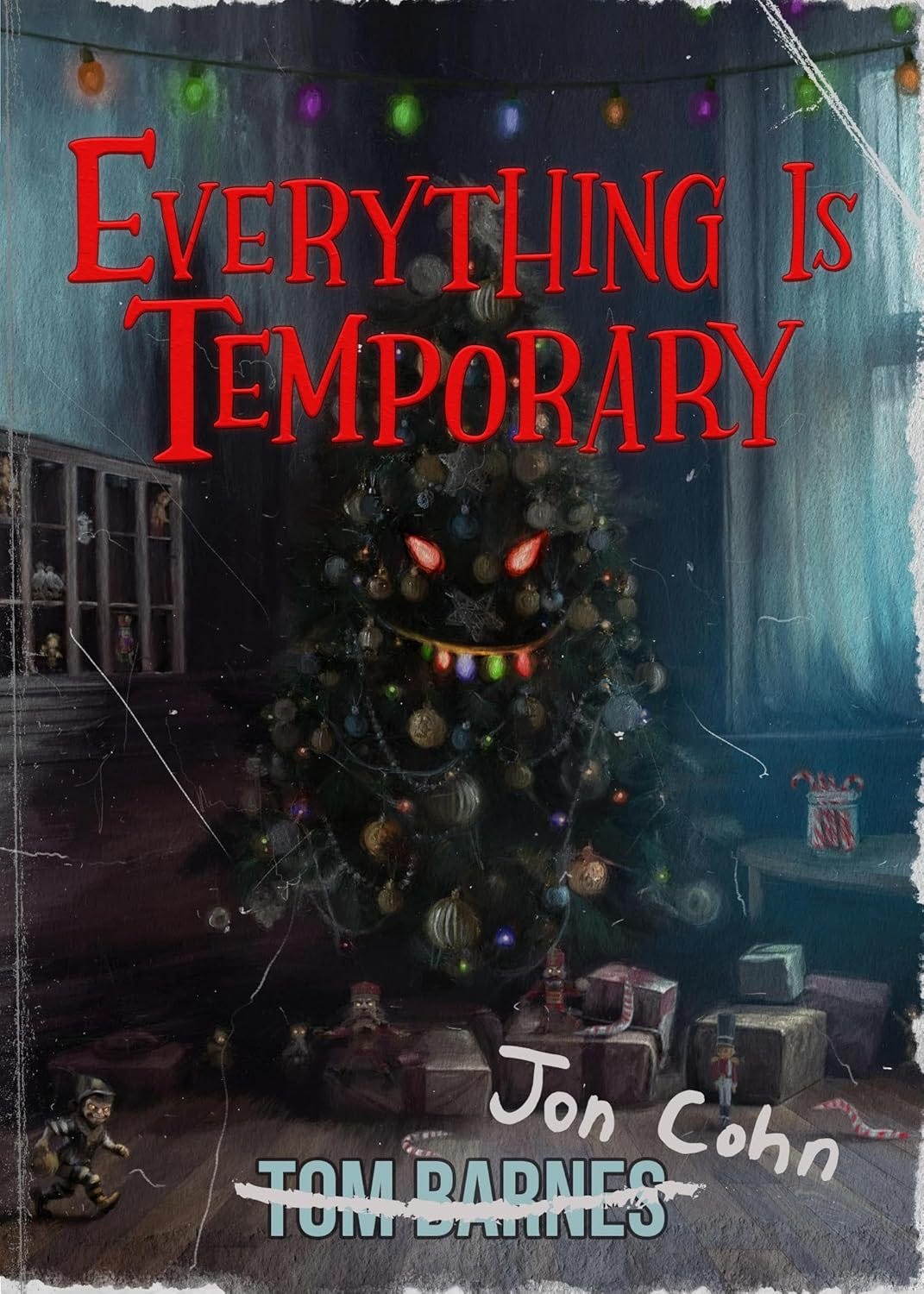

You were unfair toward my favorite book (A Tale of Two Cities)! :-) I concede that the beginning is difficult. It's one of those books that builds sloooooowly but relentlessly to a shattering finish -- you don't even find out who the hero actually is until about eight chapters from the end. I wish you could start at the end and see just how great (and non-stodgy) it turns out to be, but obviously that wouldn't work. Still, I hope one day, maybe even years from now, you can give it another try and get through it.
The world-building thing ... that's why I had to put Jasper Fforde's latest down. I loved Fforde so much back in the day, but his latest novel was all "line of dialogue/paragraphs of world-building/line of dialogue/paragraphs of world-building/line of dialogue." I couldn't take it. I can't remember now if he was always like that and I was just more patient back then, but I'm certainly not patient enough for it now.
Ooh I loved I Who Have Never Known Men - although it was kind of bleak. Thanks for reading (and liking!) my collection :) I think your reading year seems quite busy, really - good work!